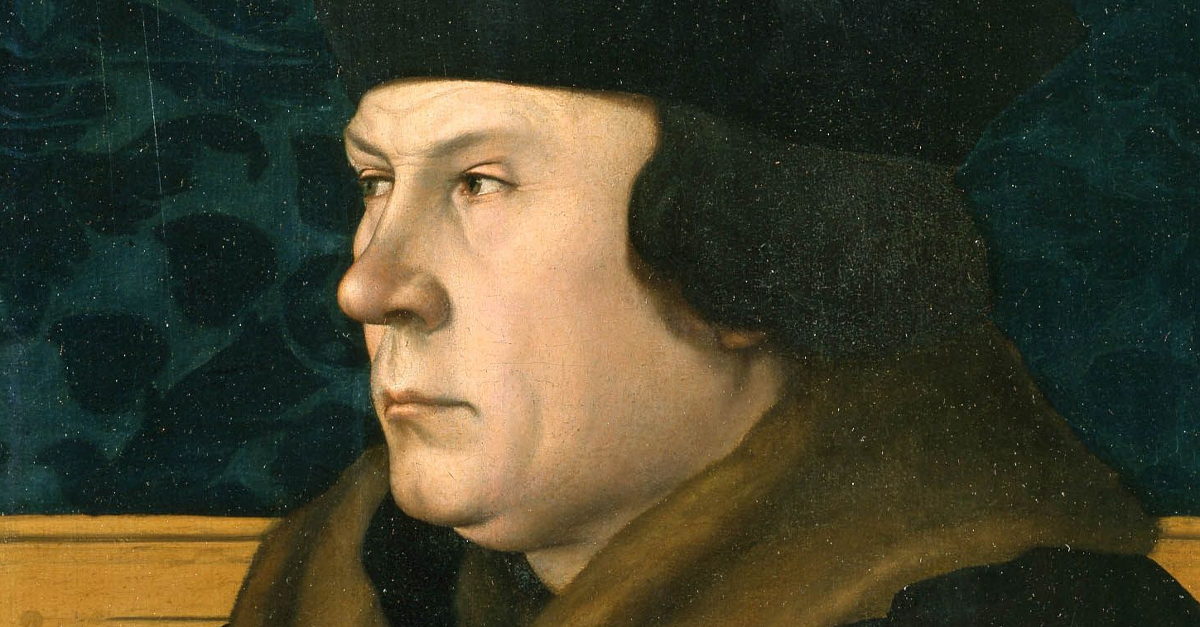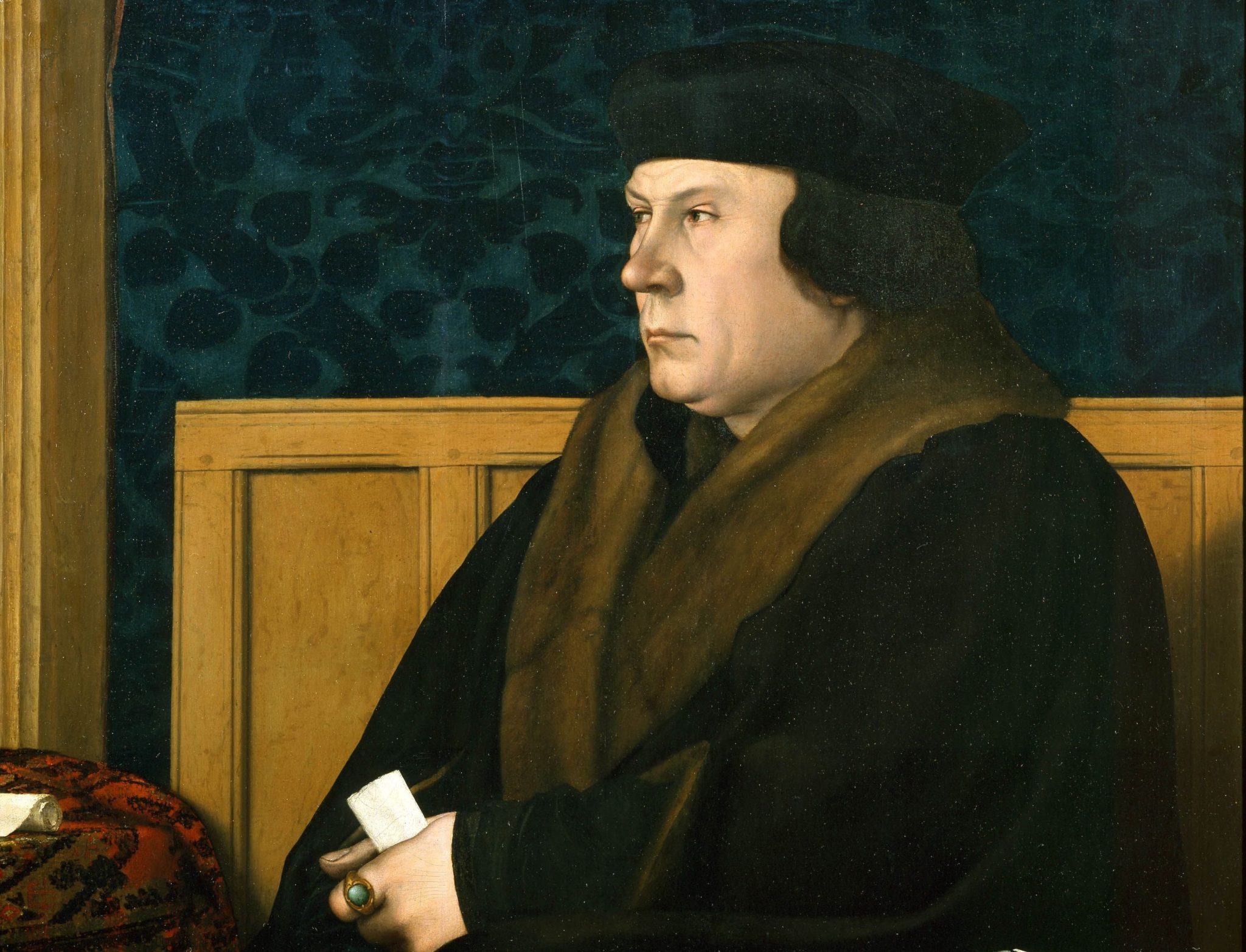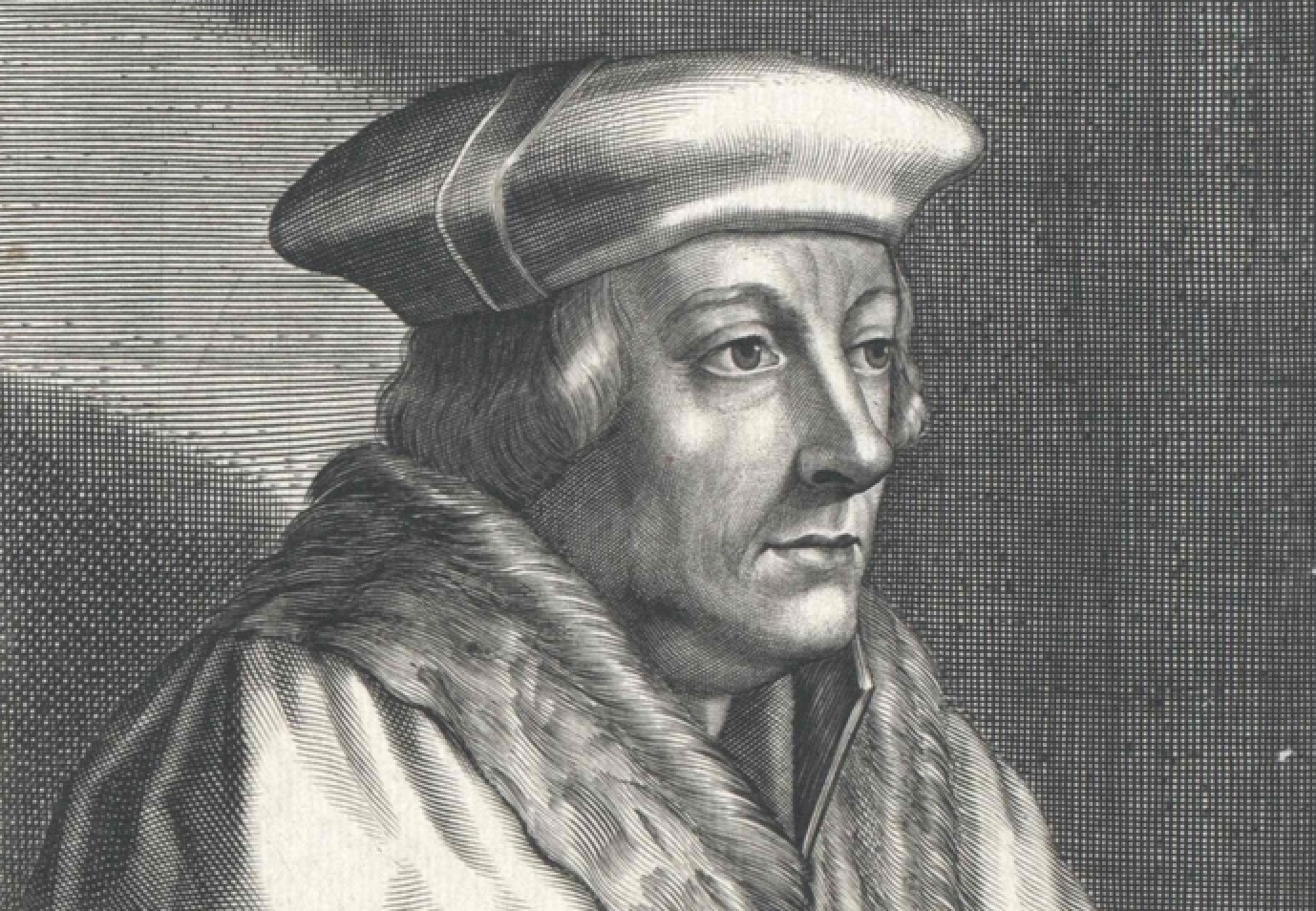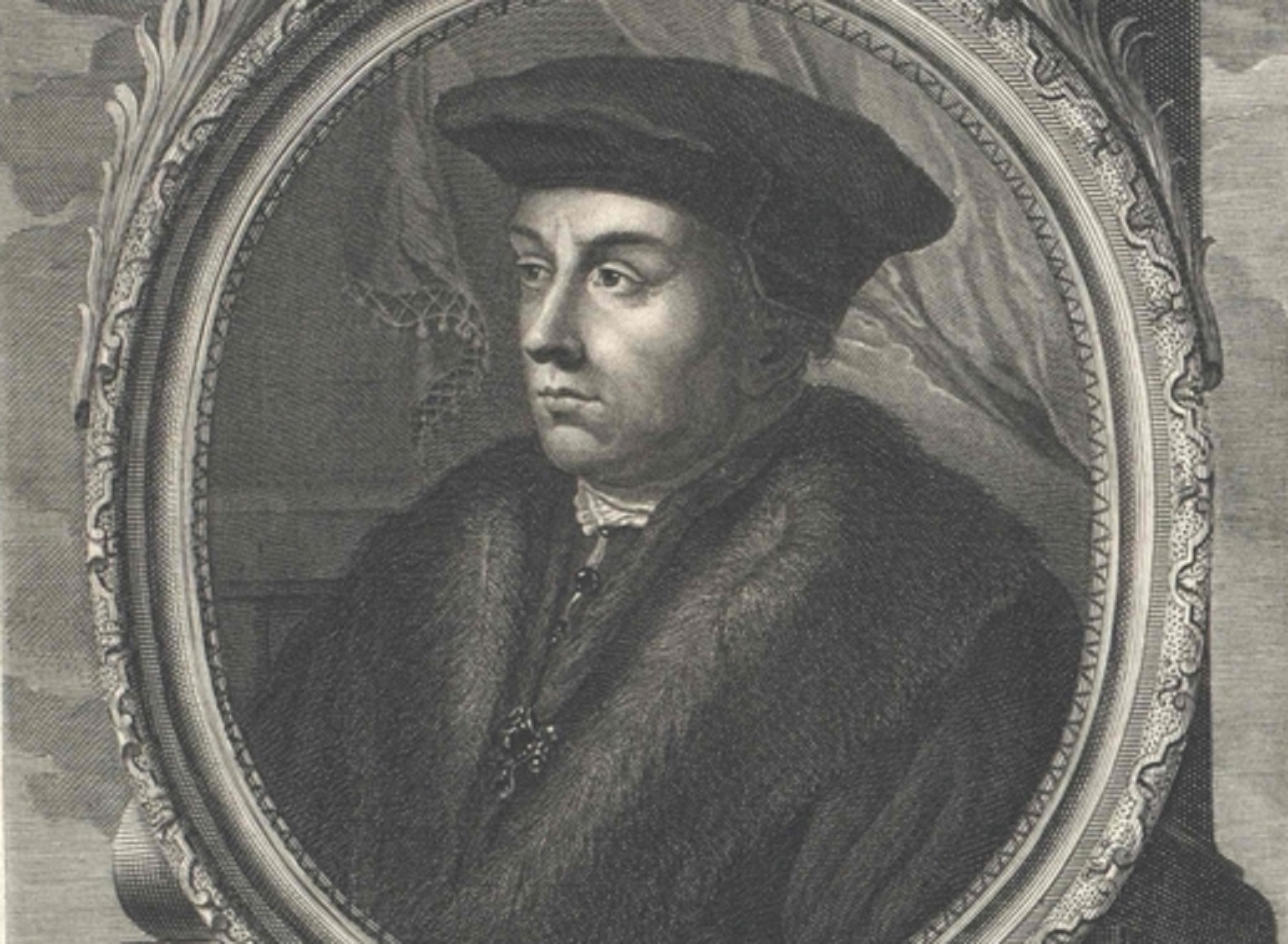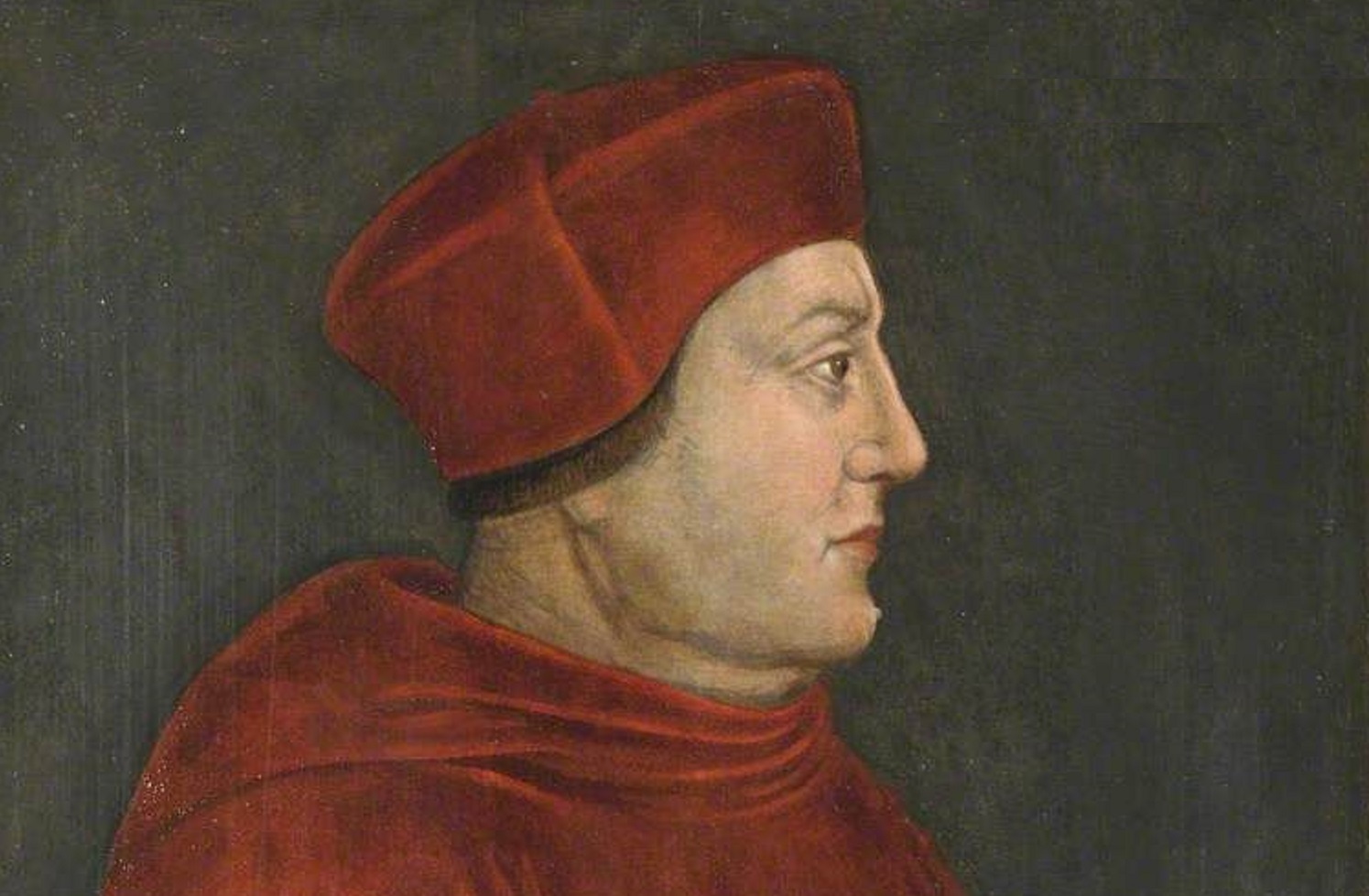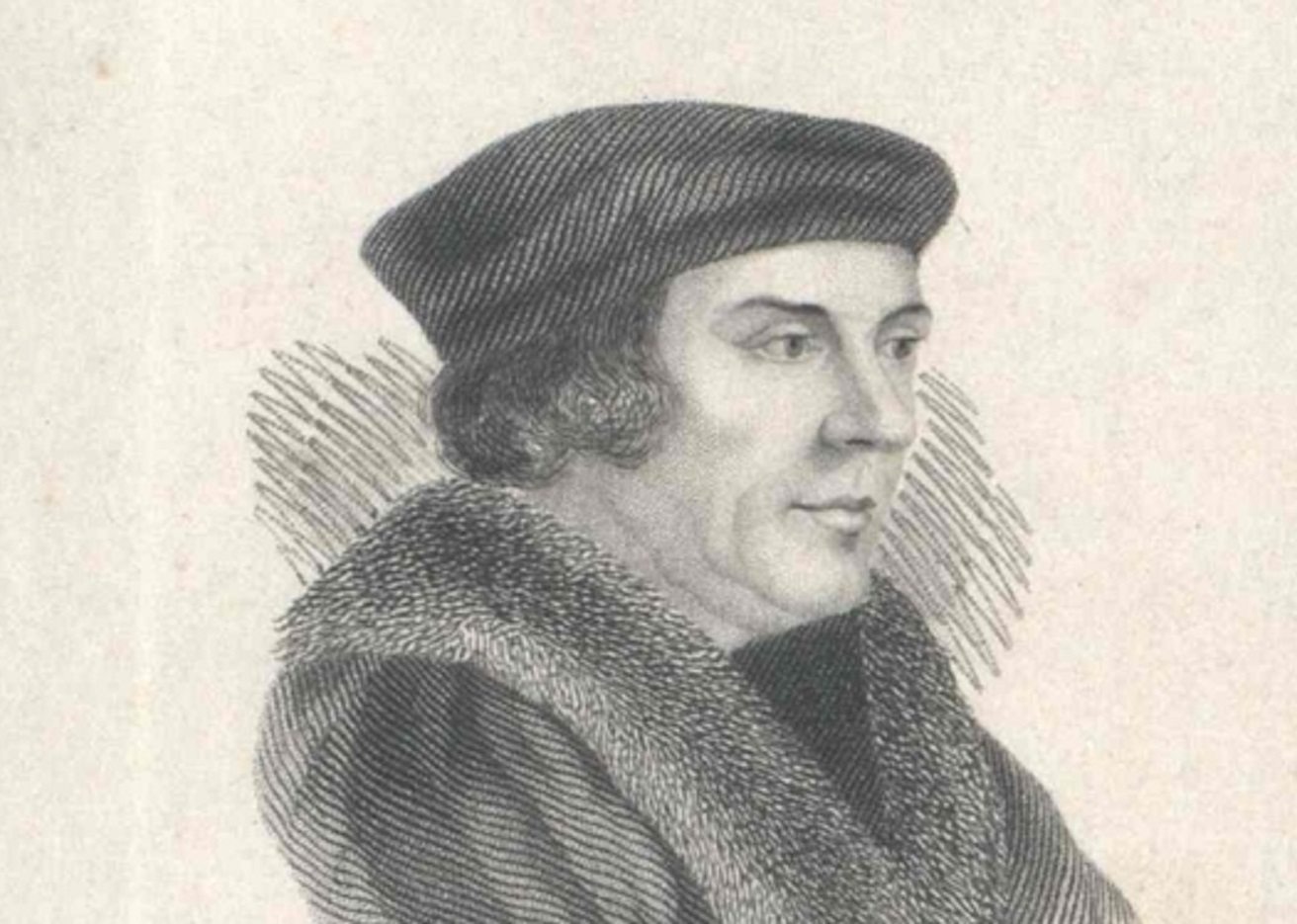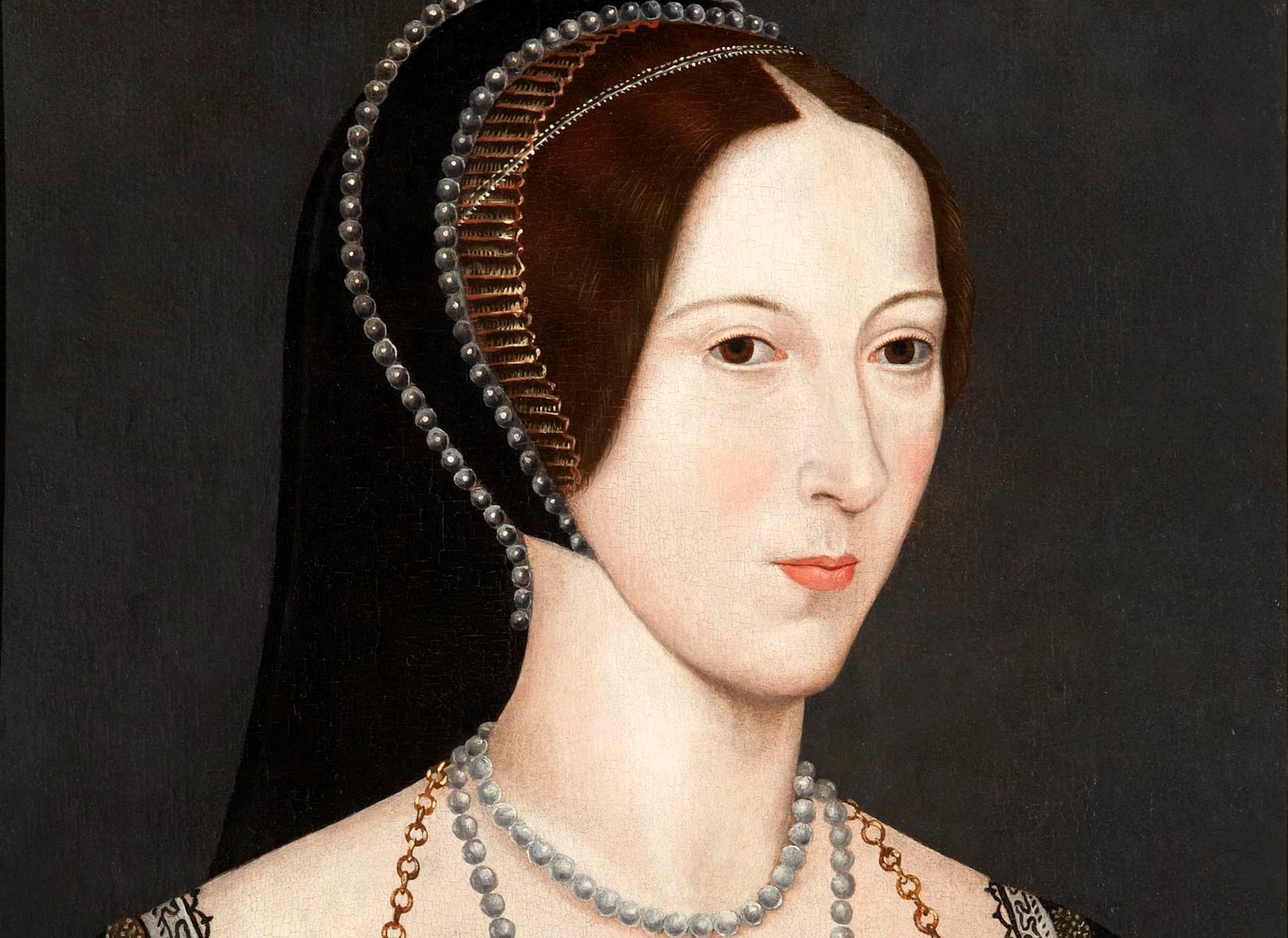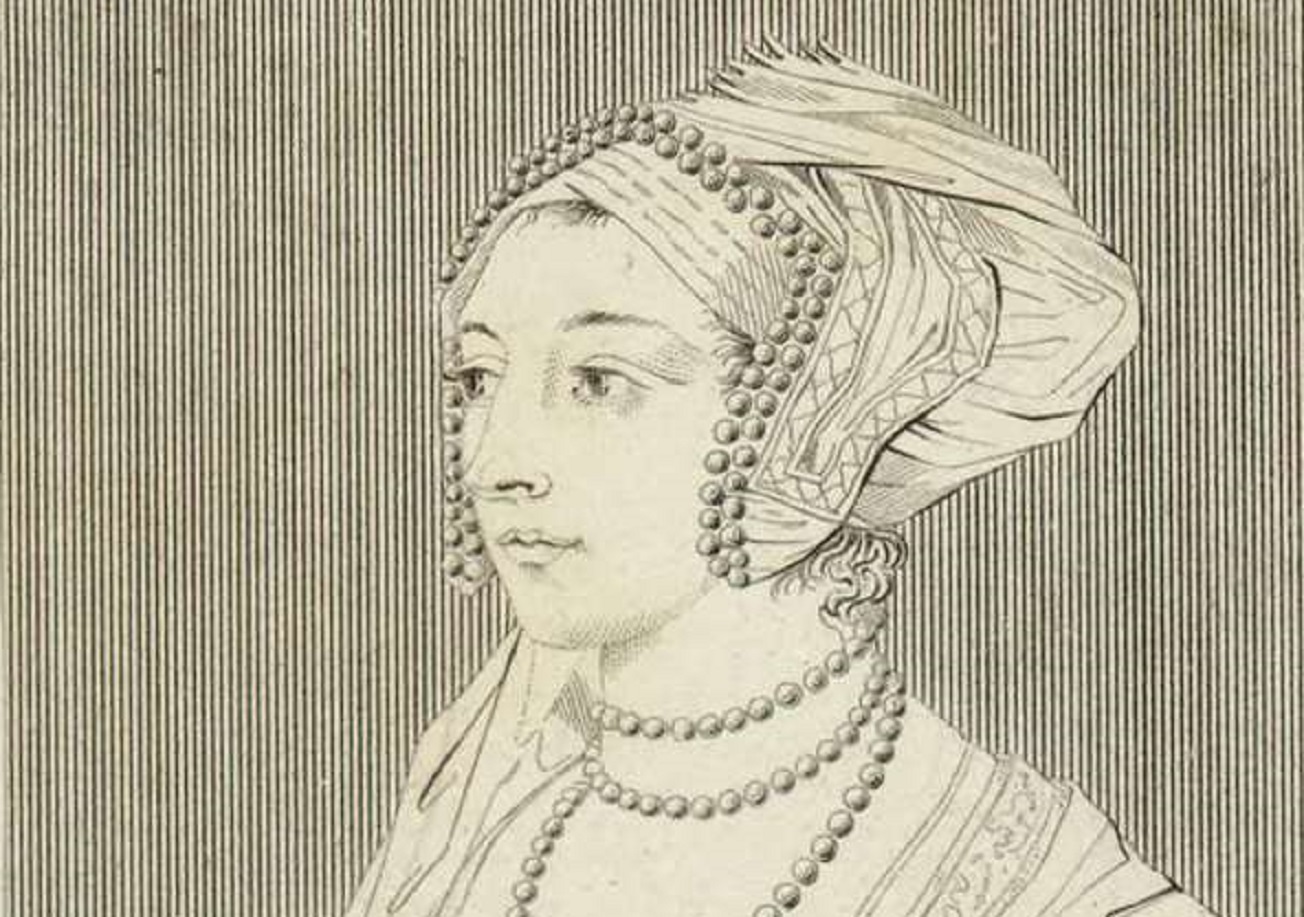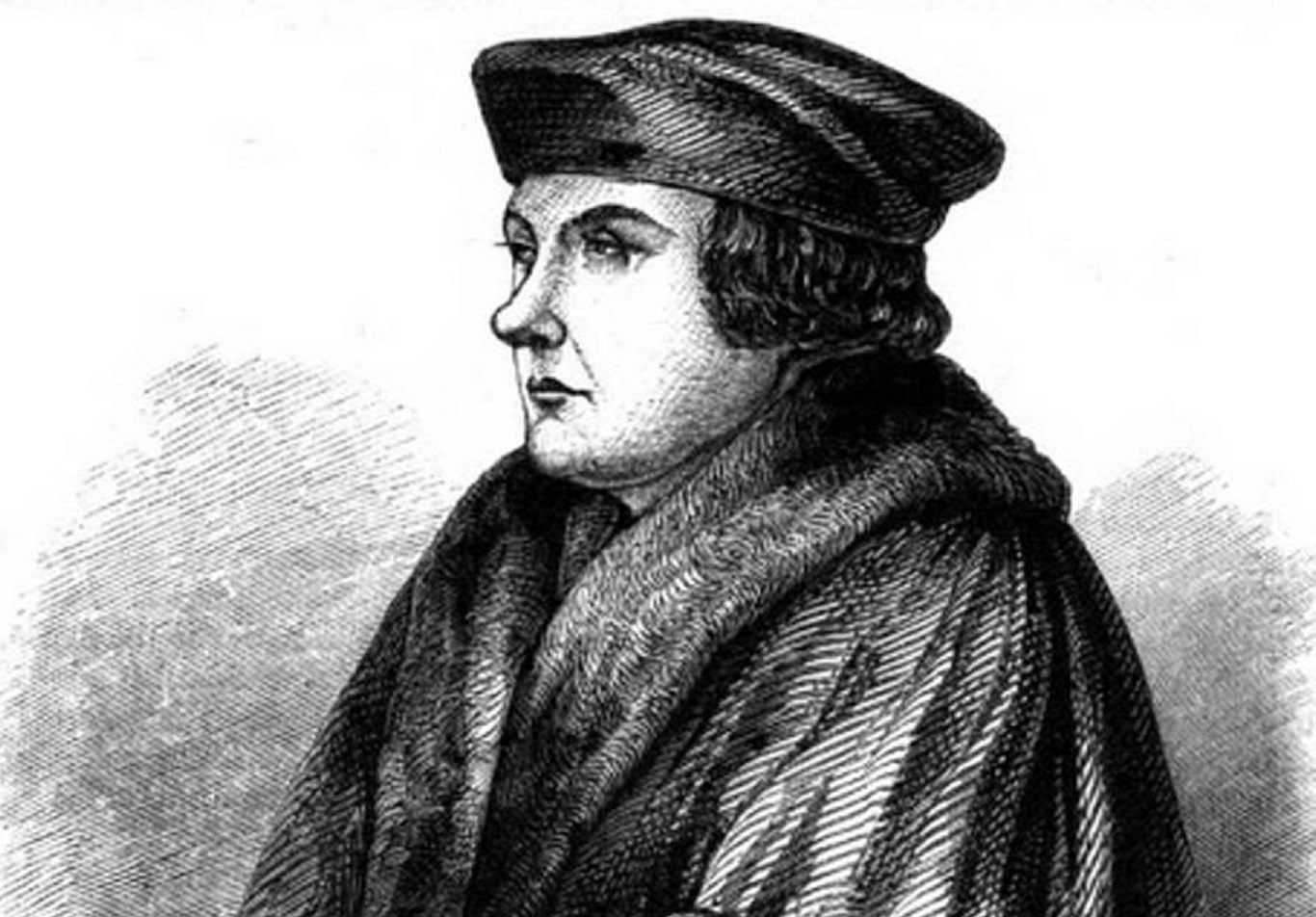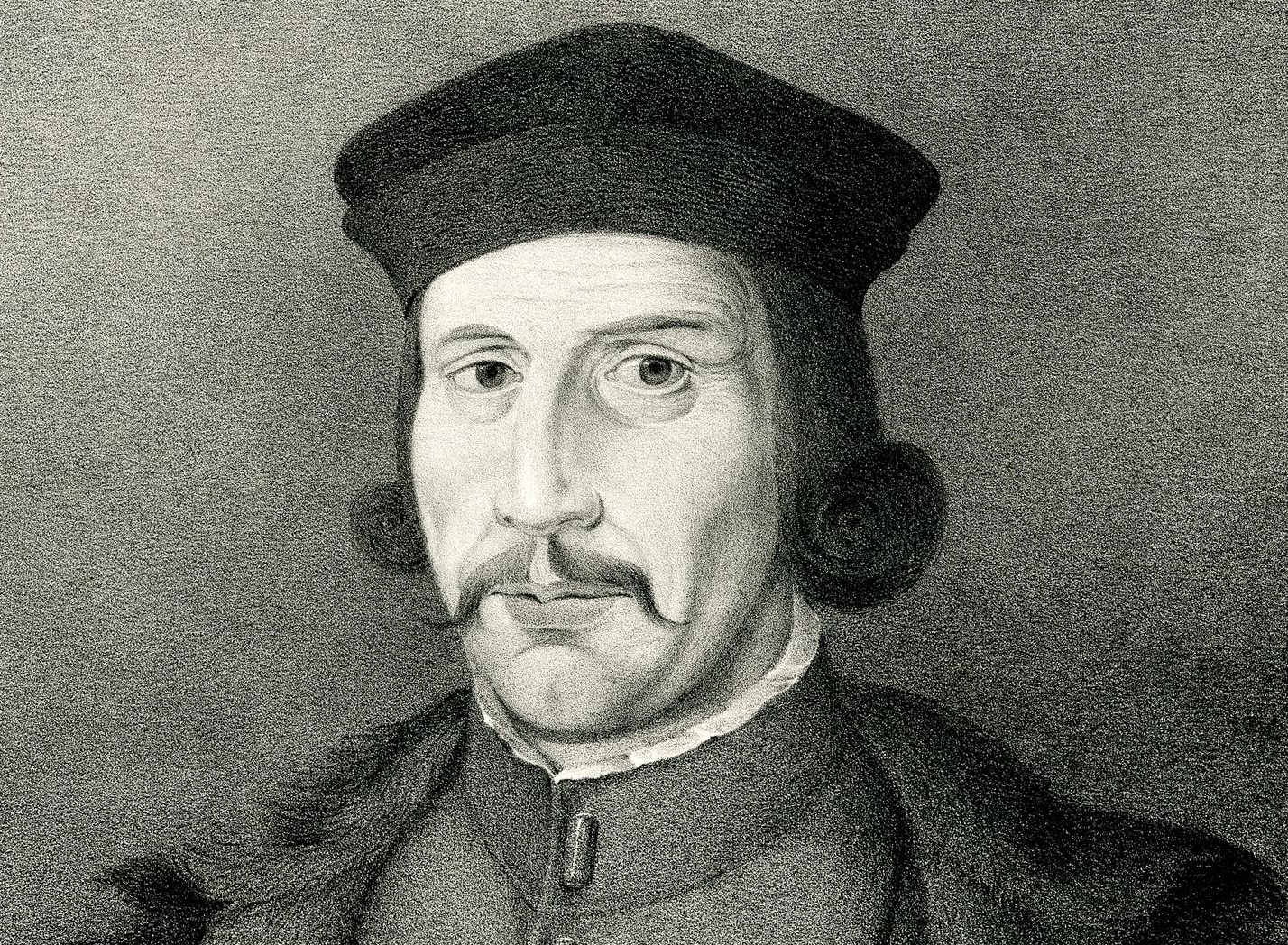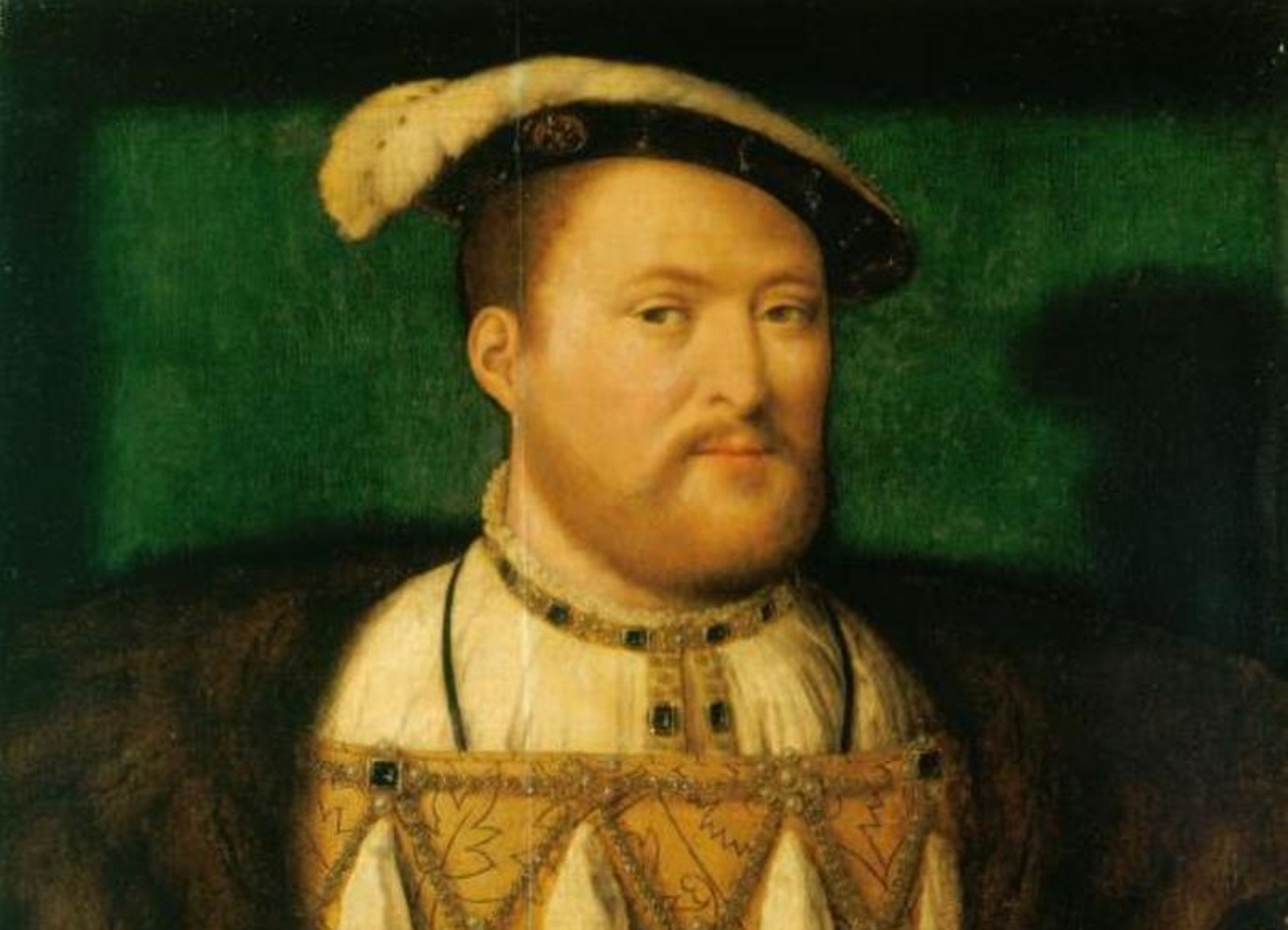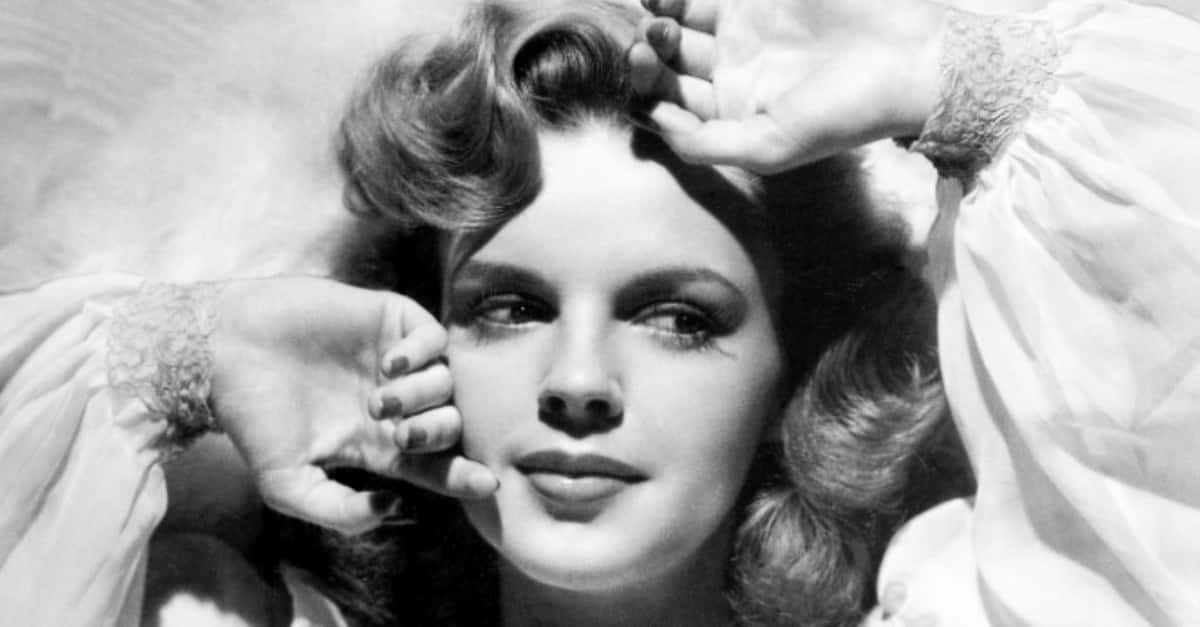During the thorny reign of Henry VIII, Thomas Cromwell, a man of many titles, survived through ever-changing alliances and formidable enemies. With a pen in hand, this Chief Minister engineered an unprecedented new empire behind the shadows of the king and through countless controversies. Meet the most iconic "sketchy lawyer" in history.
1. His Birth Is A Mystery
Historians are puzzled by Thomas Cromwell’s birthday and birthplace. In 1878, they traced back the records of Wimbledon Manor and found a description of a small cottage. Allegedly, Cromwell came to the world in this cottage—around 1485, in Putney, Surrey. Even though Cromwell’s birth is a mystery, the brutal truth about his family isn’t.
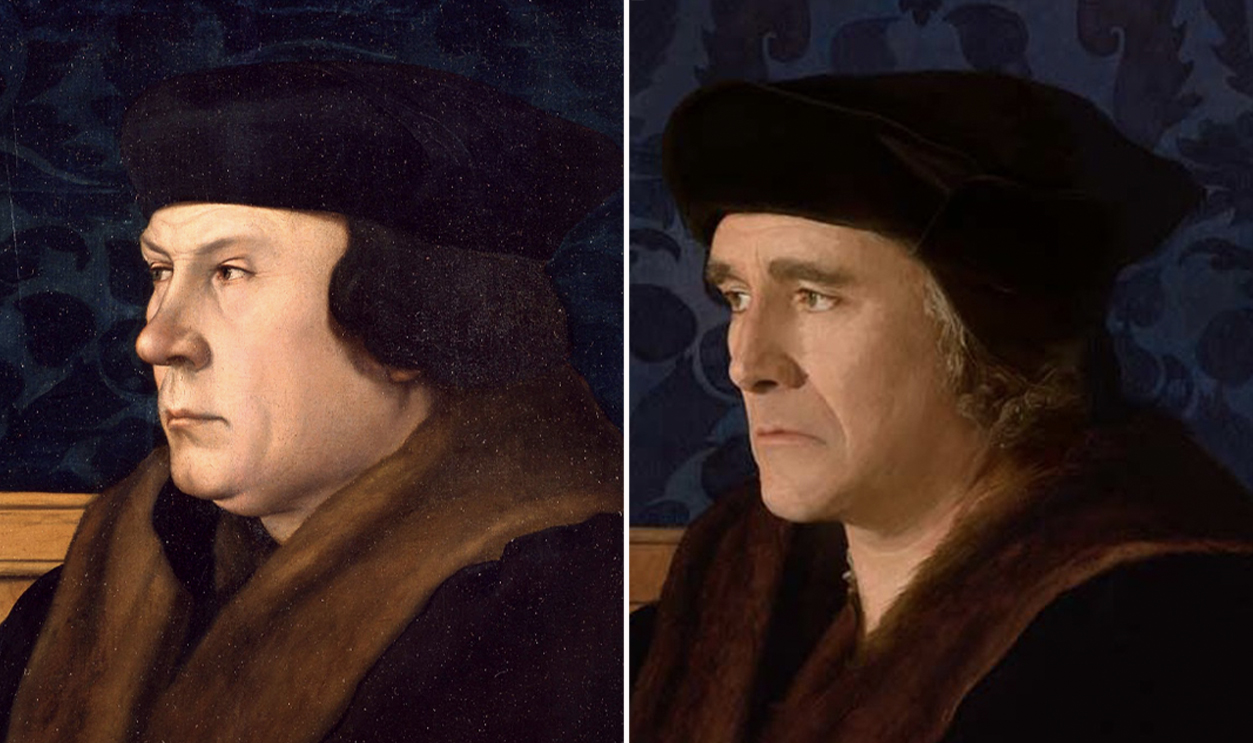
2. His Dad Was Hostile
Cromwell’s father, Walter, had many vocations: He was a tradesman, a cloth merchant, and a hostelry owner. He was a successful businessman, yet his family deeply suffered from Walter Cromwell’s reputation as an "unscrupulous" man. Thomas’ mother and her two sisters tried to get along with the aggressive father, but Thomas had a shocking plan.
3. He Chose A Dangerous Path
In retrospect, Cromwell accepted that he had been a "ruffian in his young days" and that he made a foolish choice. Probably around 13 years old, Cromwell left his family, but he didn’t only run away from home—he fled the darn country. He went to mainland Europe to work and travel before it was a mainstream thing.
However, he didn’t know anything about the menaces awaiting him.
 Wolf Hall (TV series), Company Pictures
Wolf Hall (TV series), Company Pictures
4. He Marched With The French
The first stop of Cromwell’s adventures was France, where he became a mercenary. In 1503, the 13-year-old Cromwell marched with the French army to Italy and fought in the infamous Battle of Garigliano. Some accounts refer to Cromwell as a soldier, while others claim that he was basically a bellboy—carrying pikes and helmets for the others. Either way, the road to Italy ended in turmoil.
5. He Became Homeless
After the battle, Cromwell found himself struggling to make ends meet, living on the street in Italy. This was not how he imagined his life would be: hungry, weary, and miserable. Then suddenly, a miracle happened. A Florentine banker—Francesco Frescobaldi—found the impoverished Cromwell and hired him to his household.
After tasting the depths of poverty, Cromwell had found security—but it wouldn't last long.
6. He Fled The Country, Again
Although he had stability, Cromwell's wanderlust wasn't yet sated. Soon after moving in with Frescobaldi, Cromwell decided that he should be out in the world, exploring the Low Countries. He soon left his comfort zone and started living among English merchants. His buddies were English speakers, but in the Low Countries, people spoke a wide range of languages…and there, the curious Thomas Cromwell found a brand new challenge.
7. He Overcame The Language Barrier
In a period where there are no language-learning apps, it was pretty unique—and quite impressive—to be able to speak multiple languages. Cromwell took up the challenge since he already lived in countries with people speaking French, Italian, Greek, and Spanish. He couldn't pick a language, so he learned all of them. It turns out, Cromwell had a gift for tongues. But he didn't stop there.
It was time for a bigger challenge…one he would commit to for a long time.
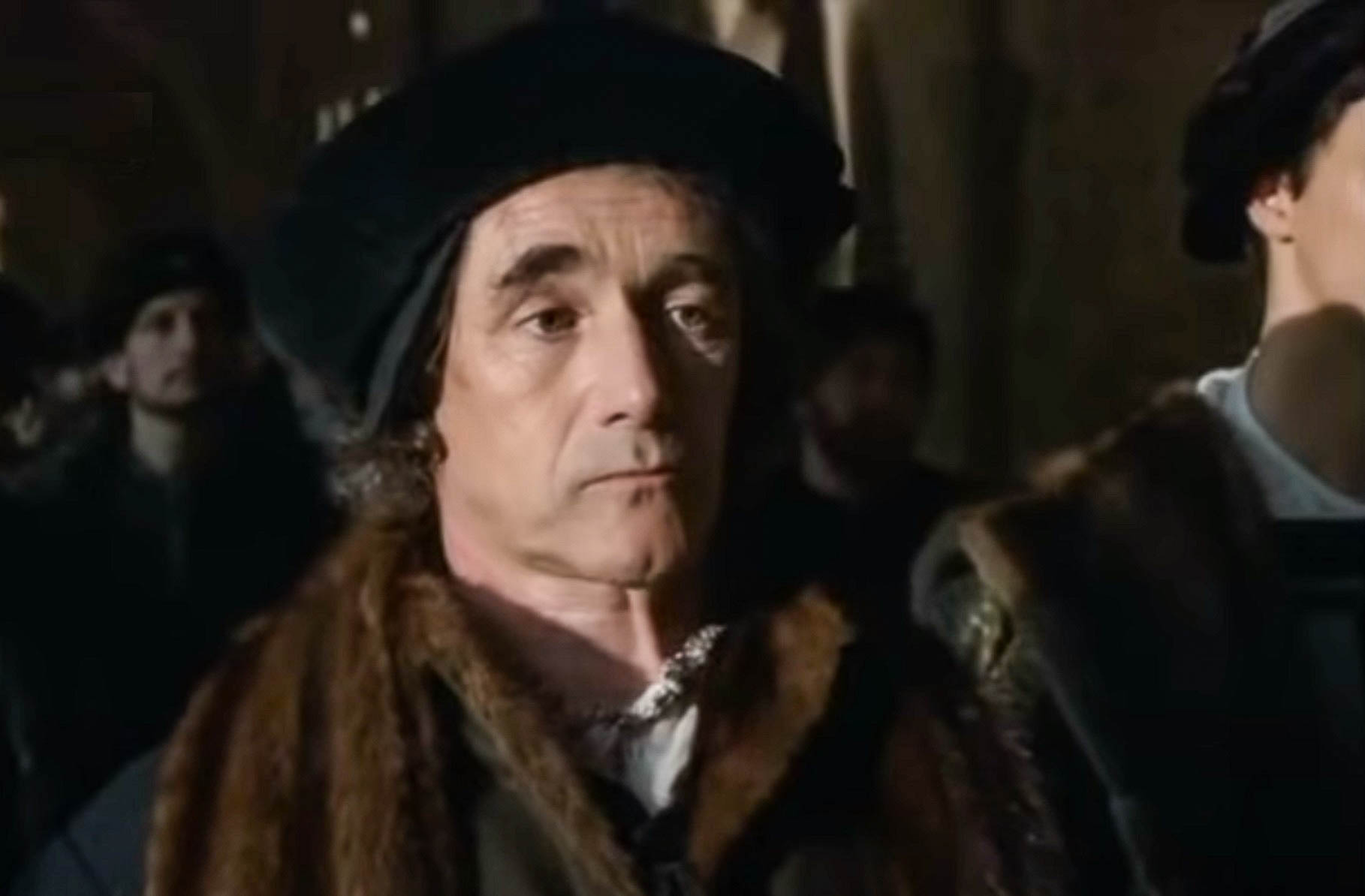 Wolf Hall (TV series), Company Pictures
Wolf Hall (TV series), Company Pictures
8. He Fell In Love With His Neighbor
With his cool curriculum vitae, Cromwell returned to England as a wise man looking for a partner. Around 1515, he met the daughter of an old neighbor, Elizabeth Wyckes—the widow of a British bodyguard. The couple tied the knot immediately and Wyckes gave birth to three children: Anne, Grace, and Gregory Cromwell.
Now, there were suddenly four people dependent on Cromwell, so he needed a lucrative job.
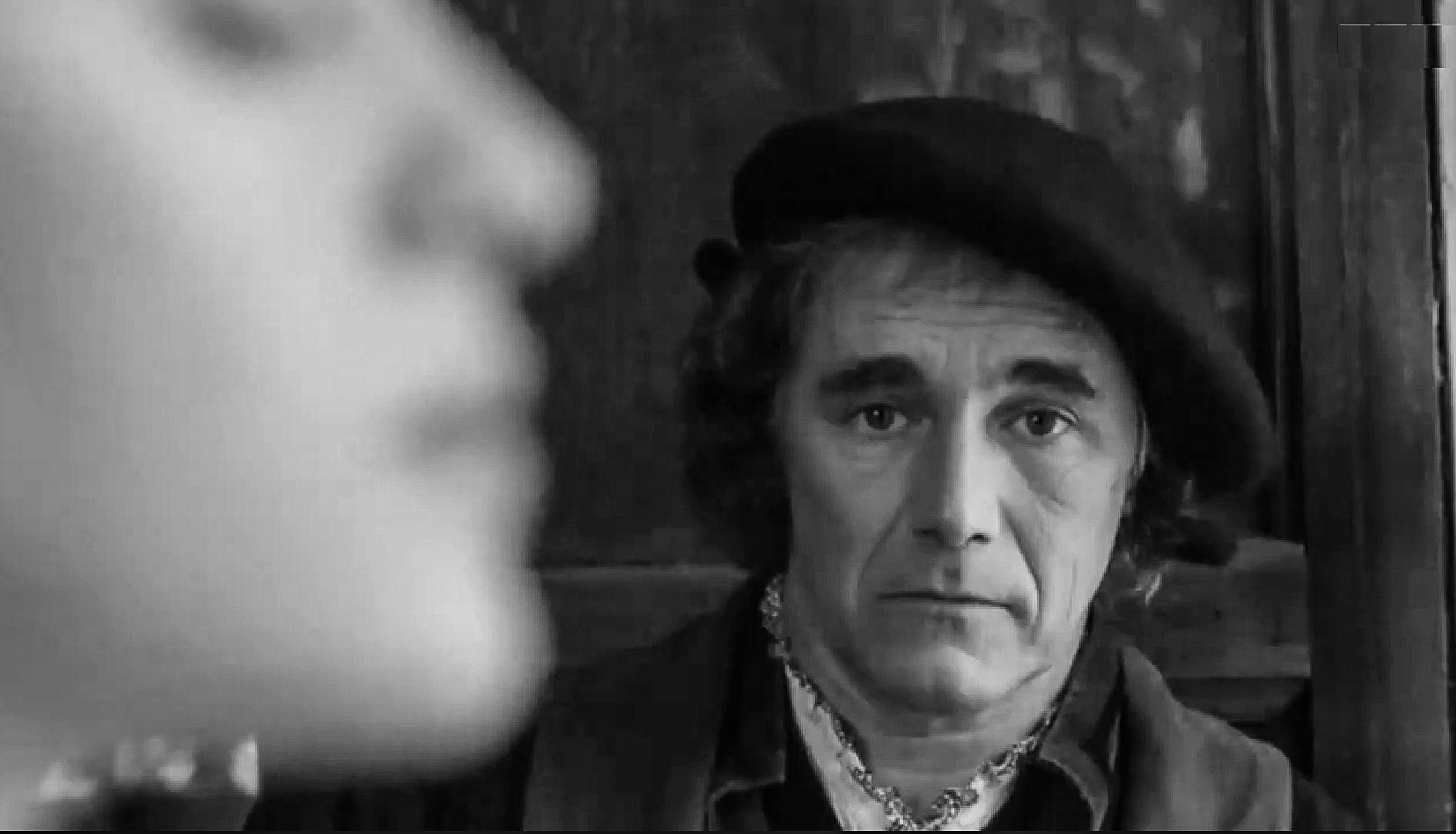 Wolf Hall (TV series), Company Pictures
Wolf Hall (TV series), Company Pictures
9. He Found His True Craft
Cromwell was a smart man who chose law as a profession. He liked having the ability to exert power over people through the enactment of laws…and he was ruthlessly good at it. In 1517, he booked his first job; he led an embassy to Rome, where no doubt his Italian came very much in handy. His success was well-heard, and it didn't take long before the aristocrats started noticing him.
Thomas Cromwell was about to move up in the world.

History's most fascinating stories and darkest secrets, delivered to your inbox daily.
10. He Was An Eloquent Lawyer
Cromwell was famous for his wit. He used big words and made big promises—and this had a remarkable effect on those around him. Most historians agree that his eloquence was the driving force behind his success as a lawyer with a private practice, and as a member of the Gray’s Inn. Good thing, too—because where he was going, he was going to need his wits about him at all times.
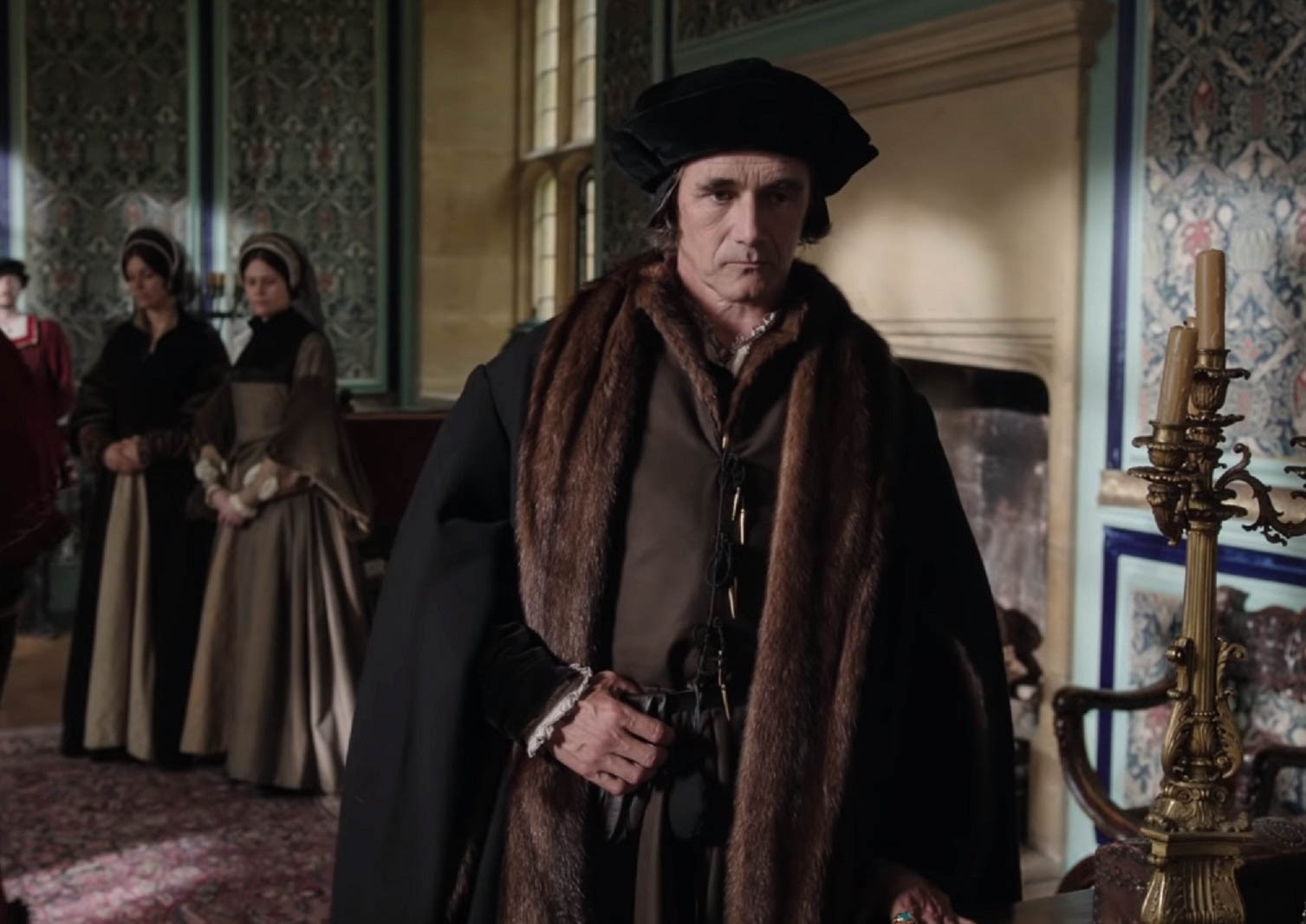 Wolf Hall (TV series), Company Pictures
Wolf Hall (TV series), Company Pictures
11. He Delivered A Life-Changing Speech
Cromwell scored a seat in the House of Commons for the first time in 1523. But he wasn't content to sit in the sidelines and watch. One day during that first year, he stood up and started talking. He delivered a scathing speech against the king's intention to invade France, stating that it would be a safety risk for his beloved King Henry VIII.
The awestruck crowd was silent, and everybody waited for the king’s response—but it wasn't what anyone expected.
12. He Charmed The King With His Foxiness
Against all odds, King Henry loved what Cromwell did. There are a lot of stories about this speech; some historians say that it never happened, and some even argue that the king himself orchestrated the speech to provide a good reason to back down from his rash decision. Either way, the king started paying attention to the man with so much wit and potential—and the king wasn't the only one.
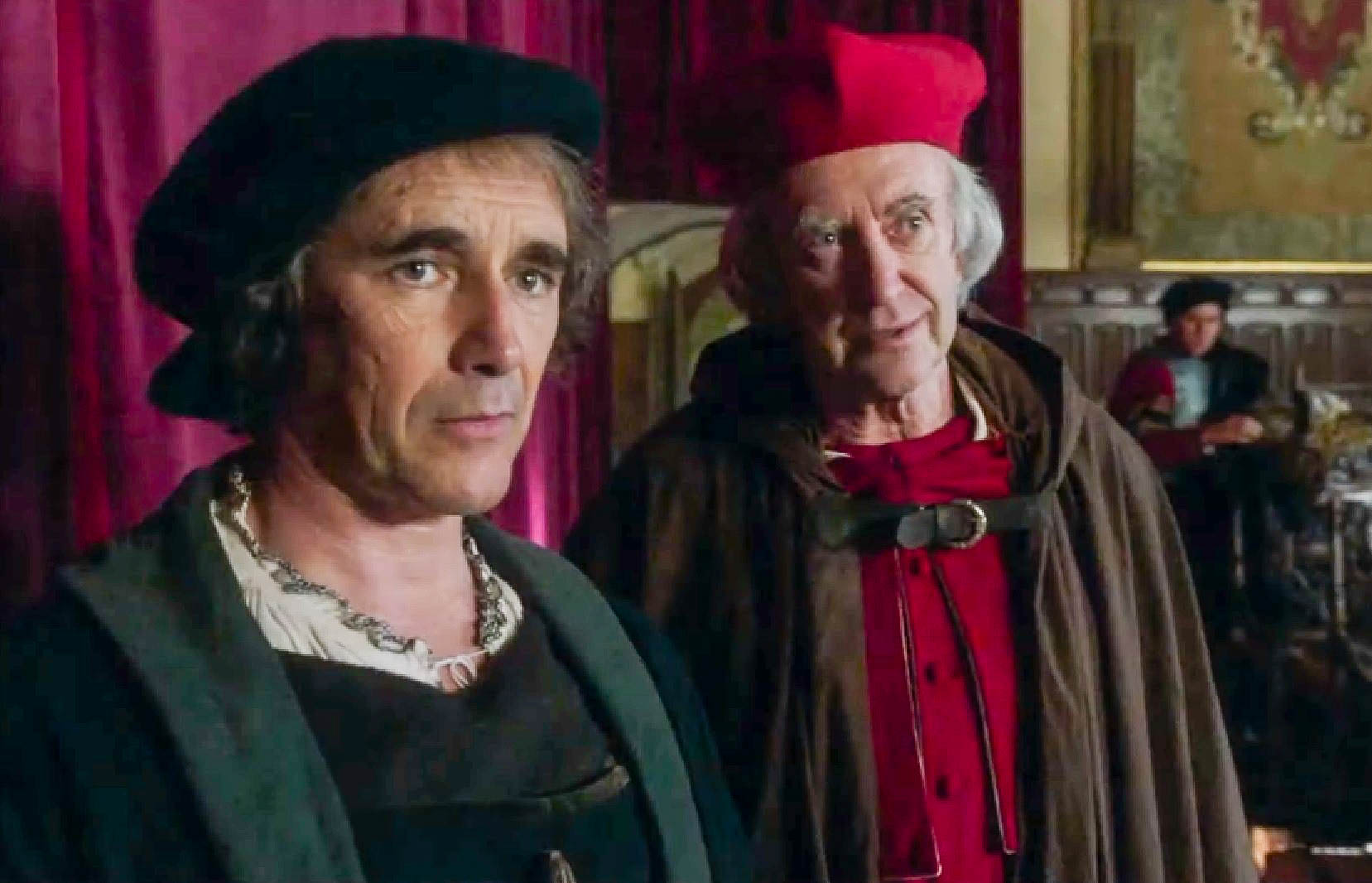 Wolf Hall (TV series), Company Pictures
Wolf Hall (TV series), Company Pictures
13. He Started Working For The Lord Chancellor
Early in 1524, Cromwell secured his place amongst the royalty by working under the service of Lord Chancellor Thomas Wolsey. People called Wolsey alter rex, which meant the "other king". As his solicitor, Cromwell assisted Wolsey with the dissolution of small monasteries. It might not sound that glamorous—but it was the connections that mattered.
By 1529, Cromwell became Wolsey’s most trusted advisor. However, he was in for his biggest crisis yet.
14. His Family Suffered A Tragedy
While Cromwell’s career was on the rise, his family was falling apart. In early 1529, a mysterious and contagious disease—sweating sickness—infected his wife and his daughters. Cromwell tried to stay strong and take care of his family, yet his efforts couldn’t hinder the tragedy awaiting him.
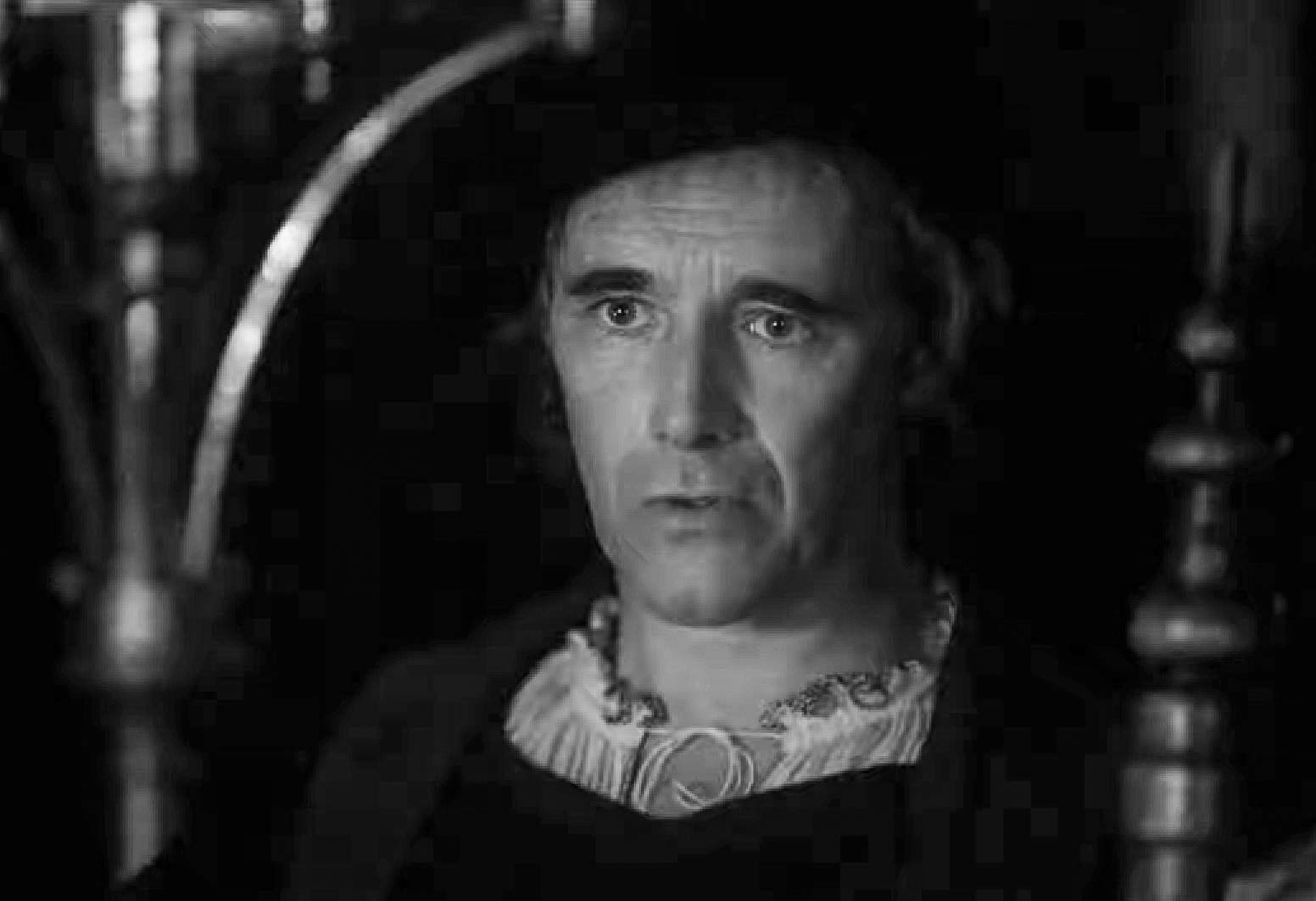 Wolf Hall (TV series), Company Pictures
Wolf Hall (TV series), Company Pictures
15. He Lost His Family
In the same year—mere weeks apart—Cromwell lost his dear wife and his two lovely daughters. But even though he was a grieving father and husband, he was a lawyer first. His first act was to cross out the provisions about his daughters from his will. It seemed like the men in the family were alone together...until another scandal kept them company.
 Wolf Hall (TV series), Company Pictures
Wolf Hall (TV series), Company Pictures
16. He Survived A Downfall
Cromwell’s master Wolsey was falling from power. Wolsey’s disagreements with the king enabled his enemies to plot a shakedown. Cromwell knew that if his master fell, he would fall with him, so he carefully cut his ties with Wolsey and made new friends in Parliament. When Wolsey fell, Cromwell's marvelous interpersonal skills saved his future. Then, he really took it up a notch.
17. His Career Skyrocketed
Thanks to his alliance with the infamous Boleyn family and a few other influential nobles, Cromwell became a member of Parliament in November 1529. In the following two months, Cromwell outshined the other members with his work to establish royal supremacy over the Church. Not too shabby for a beginner. Then, an unexpected quarrel with a member transformed all the power dynamics.
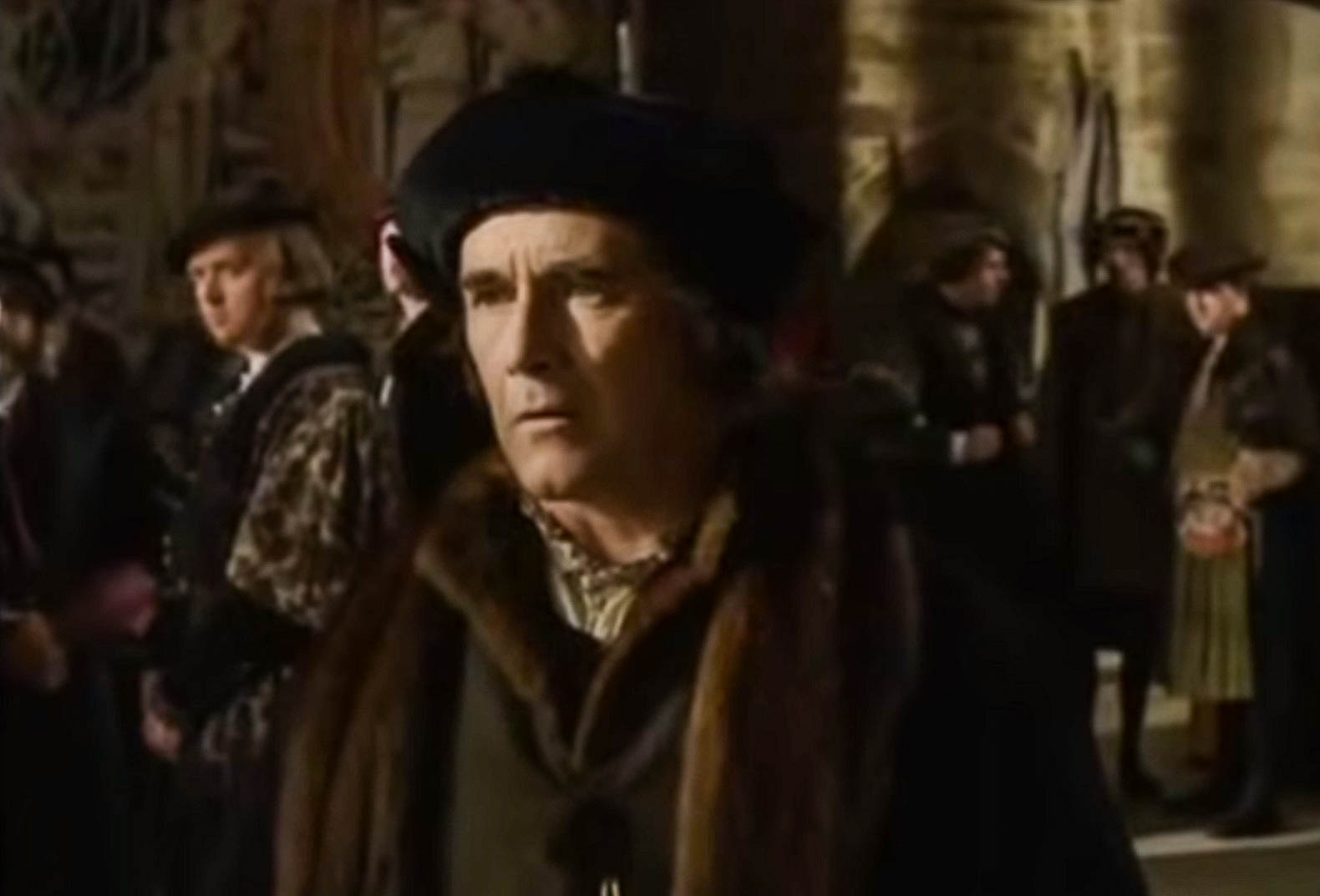 Wolf Hall (TV series), Company Pictures
Wolf Hall (TV series), Company Pictures
18. He Became King’s Favourite
Allegedly, Cromwell and a respected knight engaged in a heated argument where the knight publicly insulted him over his work. Such slander could have threatened Cromwell's position: But he had the perfect plan. He arranged a private meeting with Henry, where he promised to make him "the richest king that ever was in England". That was all the king needed to hear.
Shortly after, Cromwell was appointed to the king's Privy Council. Thomas Cromwell was nearer to the king than ever—but he had to be careful about flying too close to the sun.
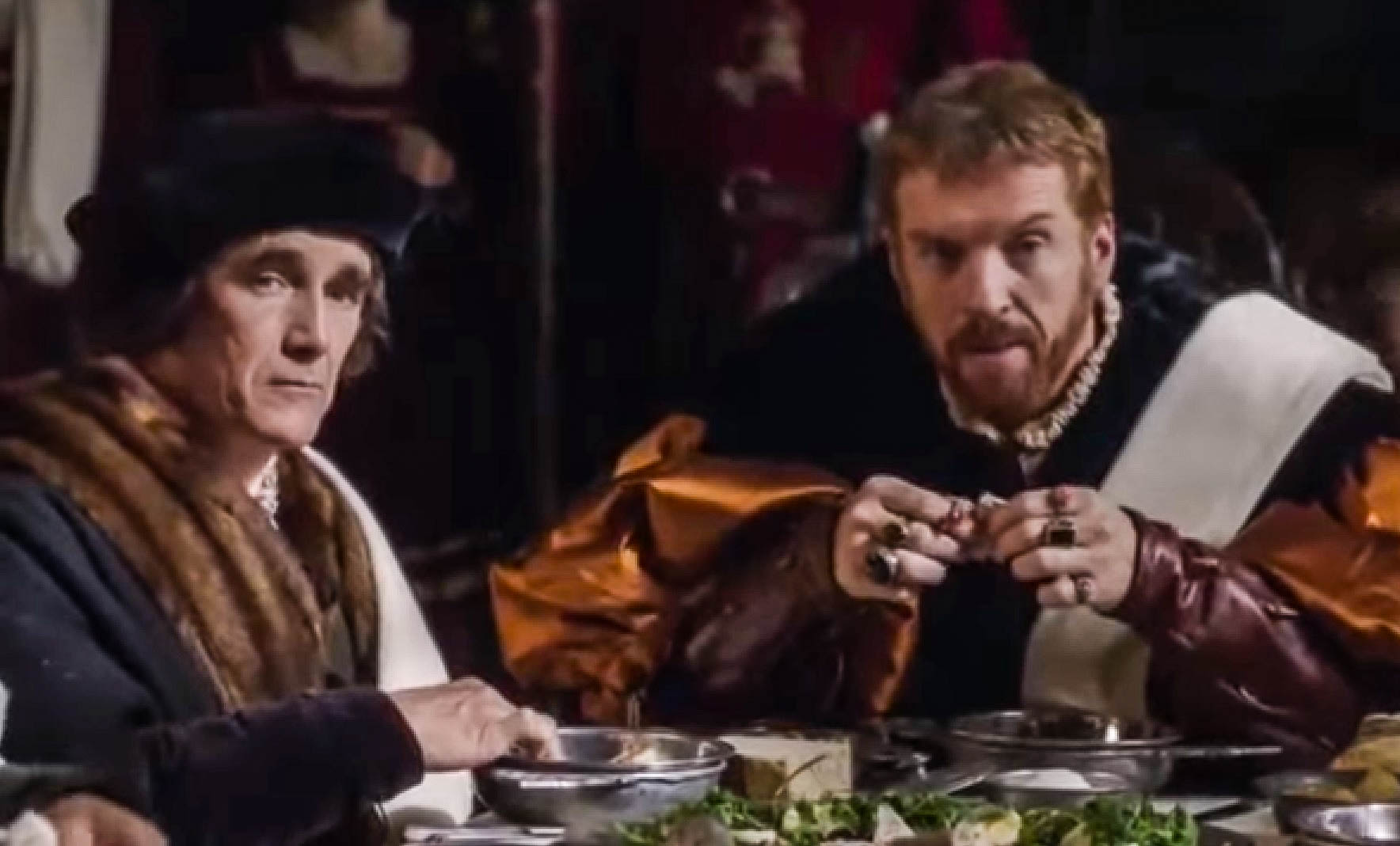 Wolf Hall (TV series), Company Pictures
Wolf Hall (TV series), Company Pictures
19. He Played For "Team Boleyn"
As one of the biggest promoters of the doctrine of royal supremacy over the church, Cromwell supported King Henry in securing an annulment from his wife, Catherine of Aragon, to marry the sensational Anne Boleyn. The biblical laws didn’t allow for a divorce, so Cromwell needed to do his lawyer magic tricks. With his ally Anne Boleyn, Cromwell set out to battle with the clergy.
But first, he needed to handle a...private...matter.
20. He Had A Secret Daughter
As we’ve seen from many historic examples, working in government usually meant one thing: You've got to find a mistress! Although the mother is unknown, historic accounts showed that Thomas Cromwell had another daughter around 1530—her name was Jane. Cromwell was very discreet about Jane’s existence because he was too busy being very loud and clear about his career goals.
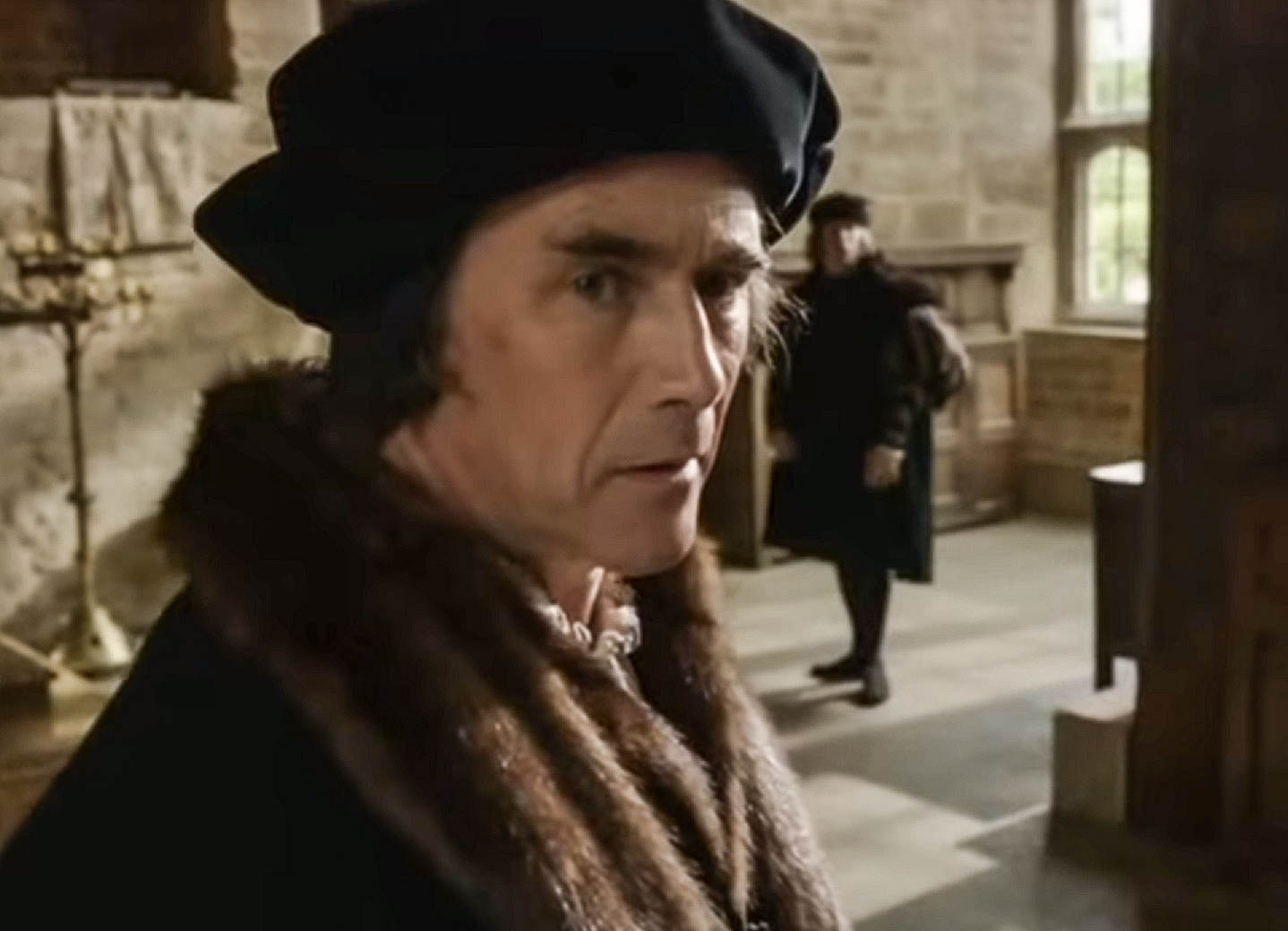 Wolf Hall (TV series), Company Pictures
Wolf Hall (TV series), Company Pictures
21. He Helped To Divorce King Henry
Through manipulation and strong partnerships, Cromwell managed to create a faction in the Parliament to settle the dispute over King Henry's annulment. There had been secret pacts, resignations, and lots of anti-clerical measures. Finally, in 1533, Cromwell scored a touchdown—the king divorced his wife and married Anne Boleyn.
Henry was ecstatic. It was the time to reward Cromwell.
22. He Was A Man of Many Titles
First came the Lordship of the Manor of Romney, then appointment to three minor offices. In the blink of an eye, Cromwell became the king's principal secretary and chief minister. That same year, Cromwell gained another title—the vicegerent. Being King Henry’s wingman really paid off, because he was more powerful than ever.
But as we all know, with great power comes great responsibility.
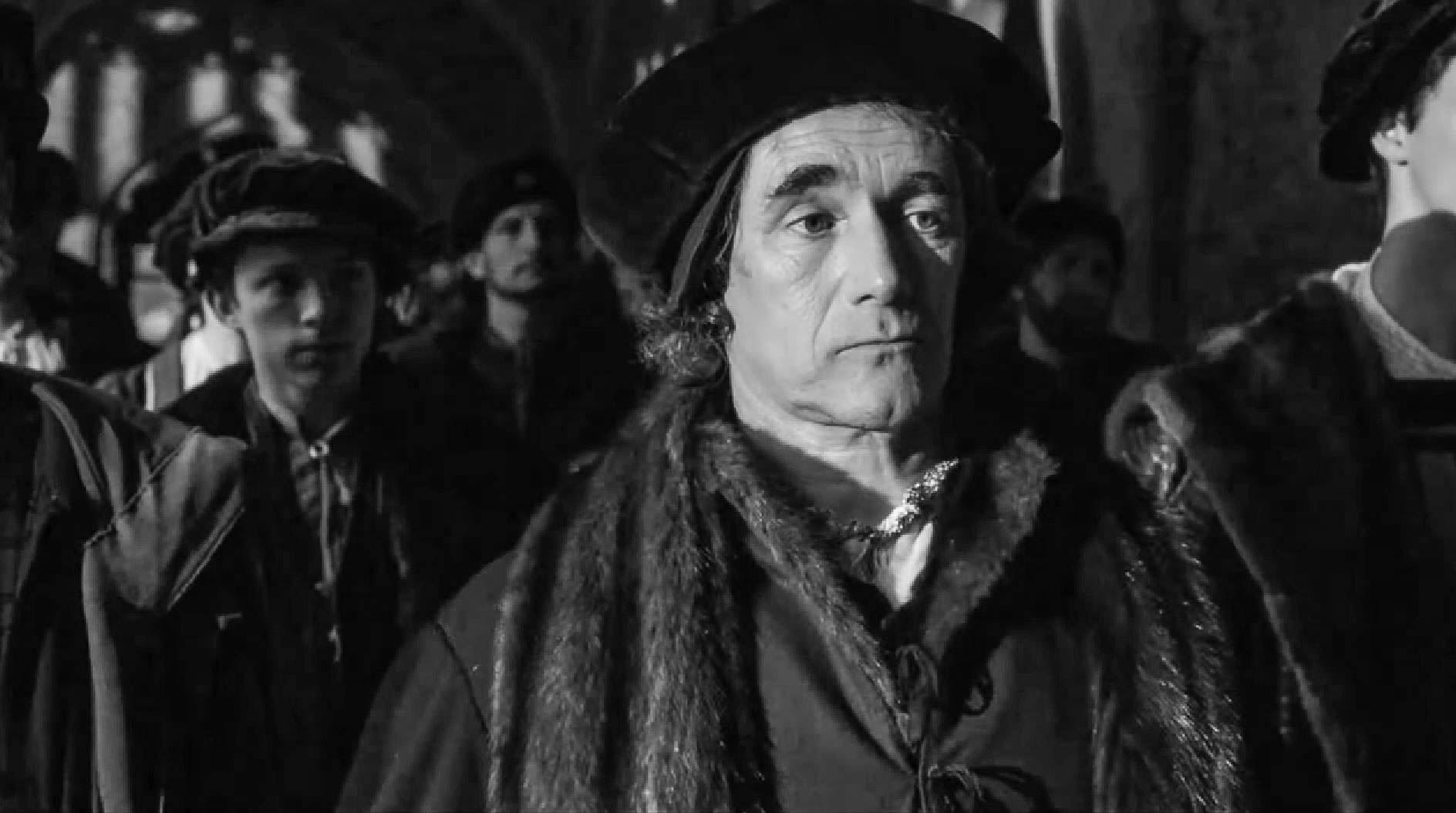 Wolf Hall (TV series), Company Pictures
Wolf Hall (TV series), Company Pictures
23. He Was A Man Of His Word
Cromwell lived up to his promise to the king. He gradually took more control over the Church of England and strengthened King Henry’s position as head of the Church. Meanwhile, his new religious policies put more money into the king's pockets. Many of his achievements around this time were significant—but one, in particular, benefited English historians more than others.
 Wolf Hall (TV series), Company Pictures
Wolf Hall (TV series), Company Pictures
24. He Did A Favor For The Historians
During his tenure as a vicegerent, Cromwell mandated that "every parish in the country should securely maintain a record of all christenings, marriages and burials," which made it possible for historians to study the records of posterity. Good work, Tom! But while it's true that he made some people very happy, his drastic actions and misuse of power were about to cause a disaster.
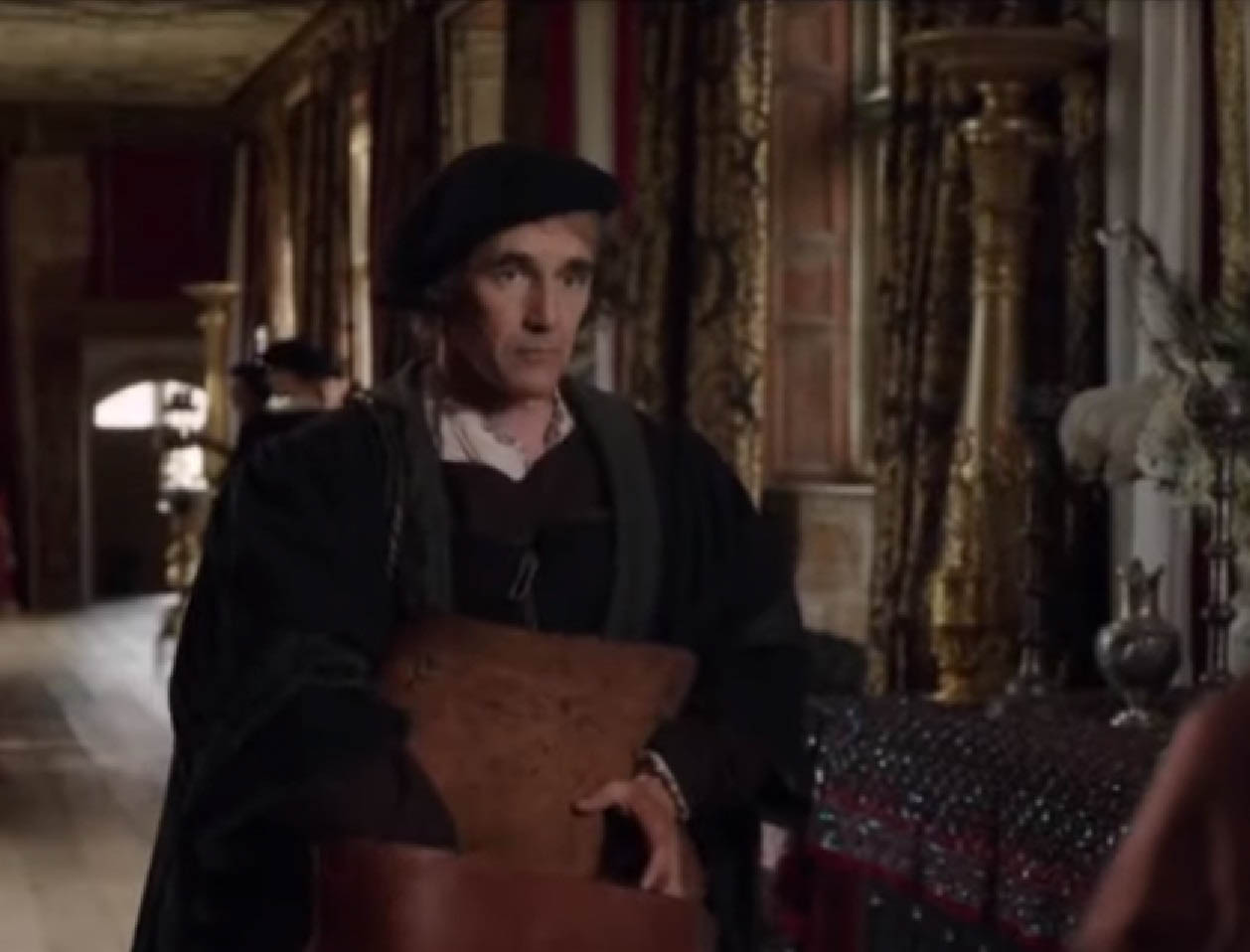 Wolf Hall (TV series), Company Pictures
Wolf Hall (TV series), Company Pictures
25. He Burned Libraries To Ground
In 1535, Cromwell mandated statesmen to destroy all the books that are "superstitious" and "popish", according to the Dissolution of Monasteries. His people burned an entire library collection at Oxford University. Many English intellectuals became very angry with this decision—even one of his strongest allies stated that he wished Cromwell had burned into flames with those books.
But this was just the beginning. Cromwell was about to have more enemies than he could count.
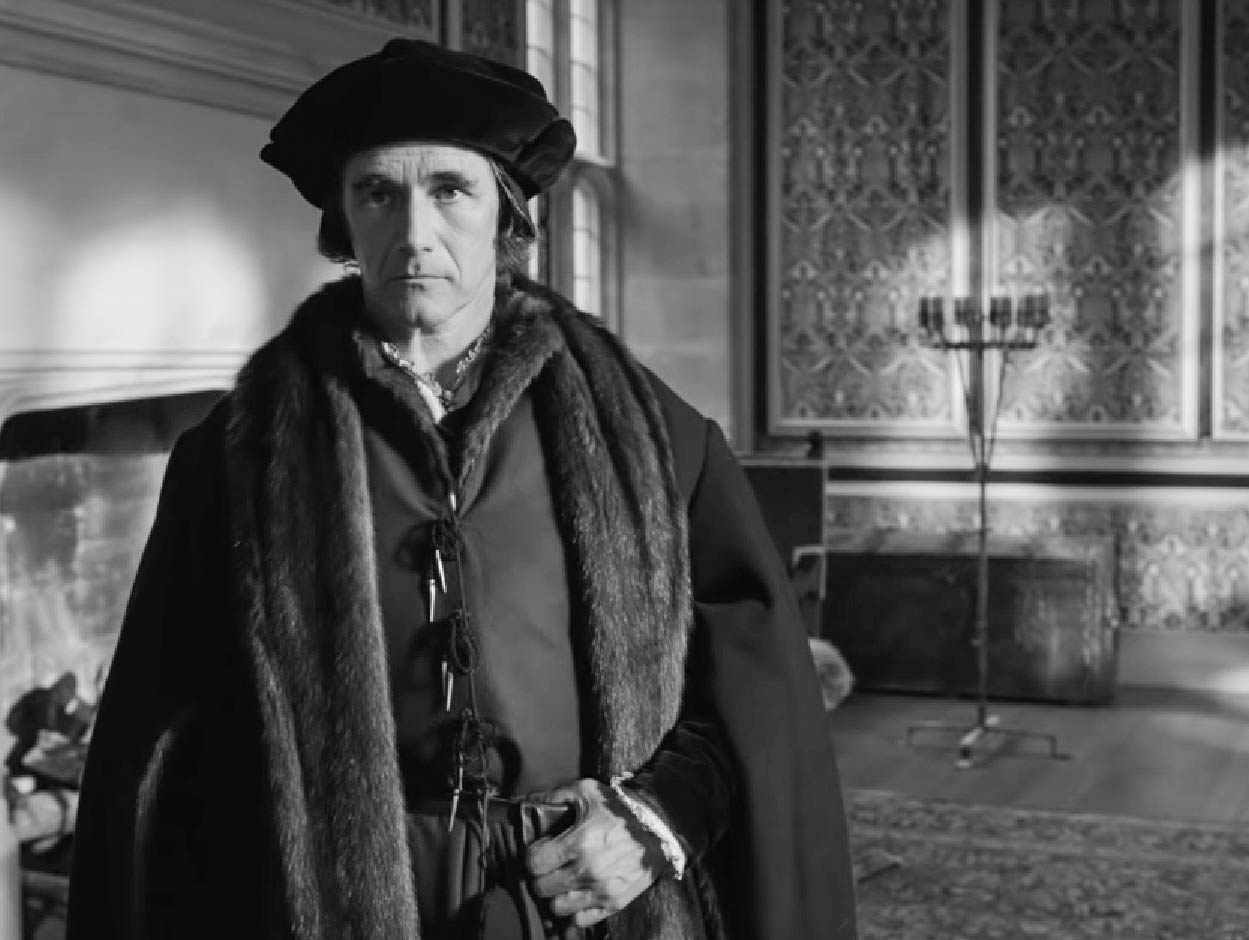 Wolf Hall (TV series), Company Pictures
Wolf Hall (TV series), Company Pictures
26. Him And Boleyn Became "Frenemies"
After the book-burning fiasco, and a few more legislations to make the king even richer in 1536, Boleyn and Cromwell started having serious disagreements. This quickly turned into a power battle between the king’s wife and his right-hand man. However, these two eloquent speakers were not battling behind closed doors—they always loved to put on a show, and it was showtime.
Either you break a leg or the other one will break your neck.
27. Boleyn Publicly Humiliated Him
Boleyn had a strong presence in the Parliament, and she was not afraid to use it against Cromwell. One day, she instructed her chaplains to preach against Cromwell in a sermon. Then, her chaplain spoke against Cromwell in front of the entire court, humiliating the second-strongest man in England.
Cromwell was furious—and ready to retaliate. Boleyn didn't yet realize what kind of man she was messing with, but she was about.
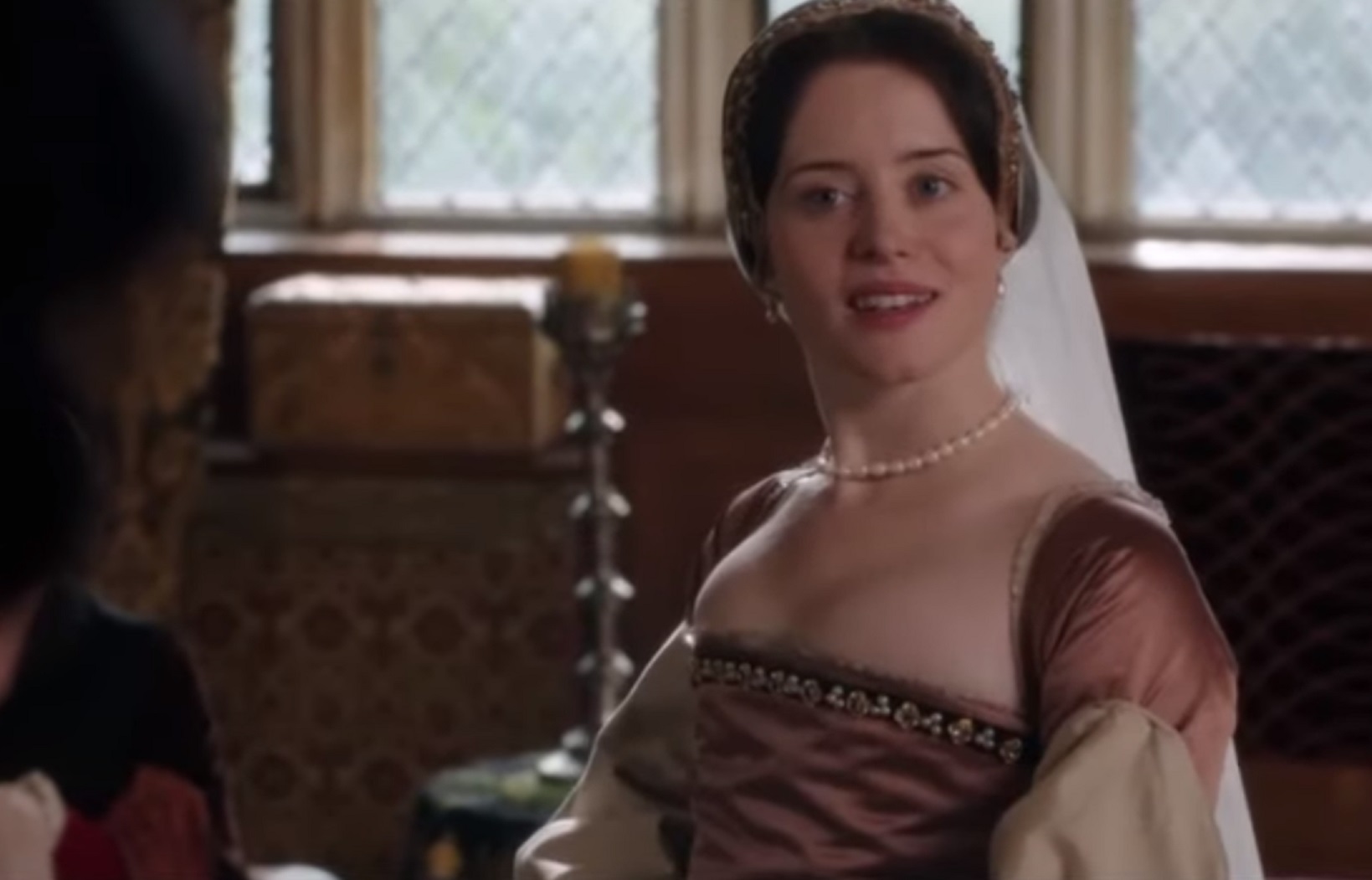 Wolf Hall (TV series), Company Pictures
Wolf Hall (TV series), Company Pictures
28. He Had A Critical Card Up His Sleeve
Thomas Cromwell was determined to get rid of Boleyn for good. He knew that King Henry valued his opinion and he also knew that the king desperately wanted a male heir. It was the spot-on opportunity to convince the king to divorce Boleyn—but if you look close enough, as Cromwell did, it was also a perfect opportunity to do something more subtle and everlasting to destroy the Boleyn name.
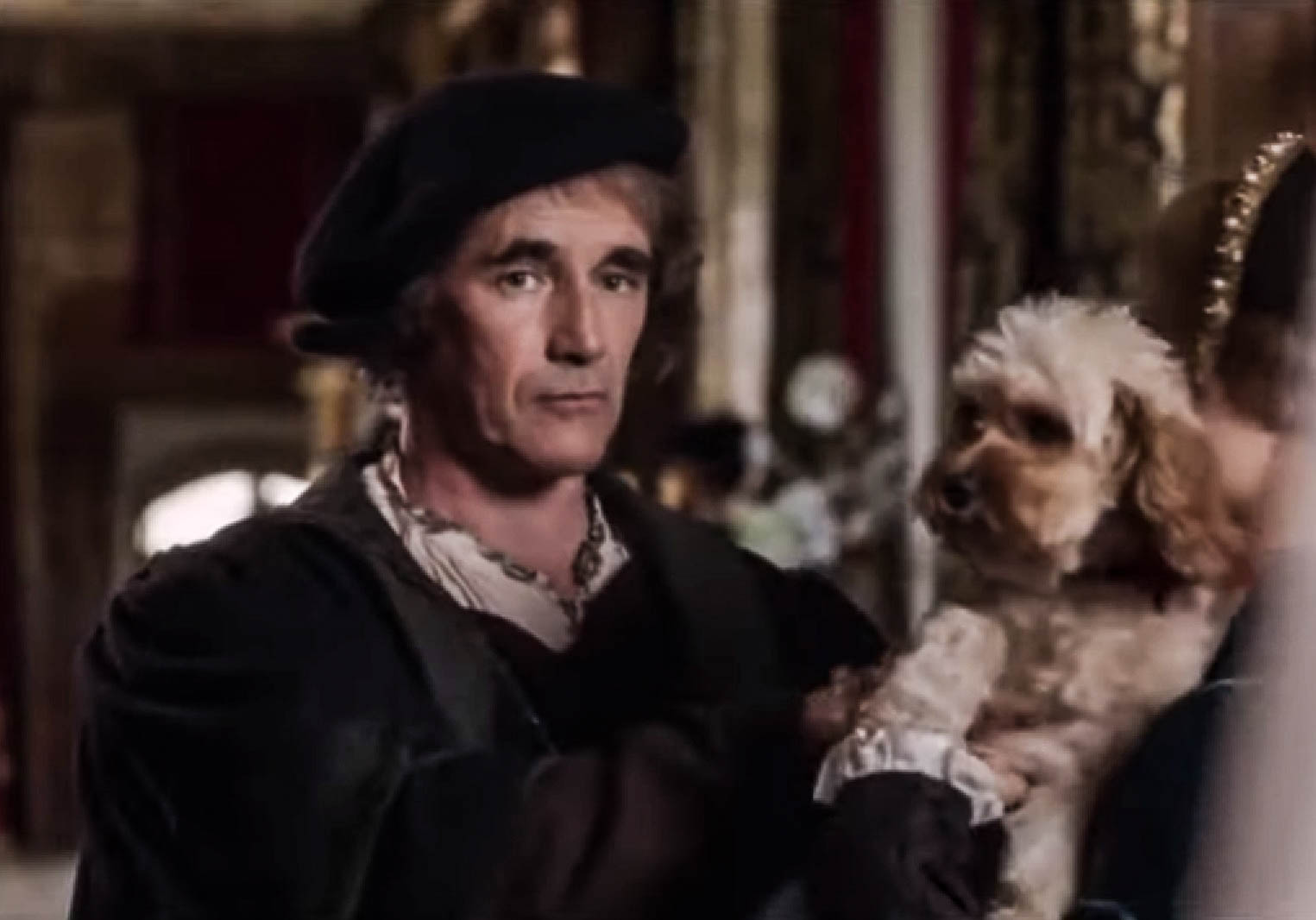 Wolf Hall (TV series), Company Pictures
Wolf Hall (TV series), Company Pictures
29. He Used The Royal Marital Drama For His Benefit
In 1536, all people talked about were the allegations of Boleyn engaging in you-know-what with various men in the royal household...including her own brother. Some historians argue that Cromwell manufactured the allegations, while others argue that he simply used them to create trouble between the royal couple. Either way, Cromwell was getting what he wanted.
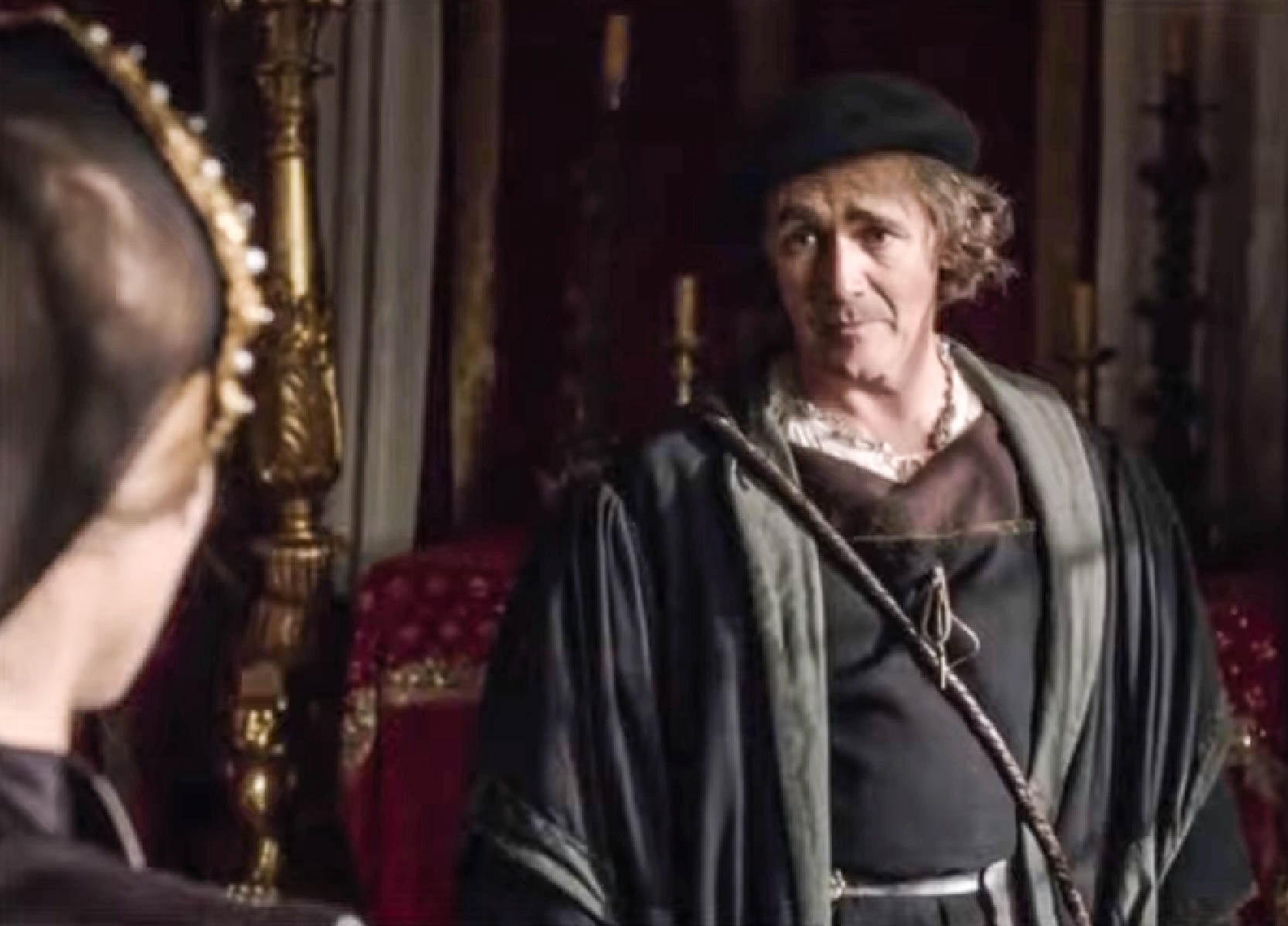 Wolf Hall (TV series), Company Pictures
Wolf Hall (TV series), Company Pictures
30. He Overpowered The Boleyn Girl
Cromwell was working on all fronts. He constantly advised the king to get a divorce, arguing Boleyn’s lack of ability to produce a male heir. He collaborated with Boleyn’s enemies to weaken her influence in the parliament, and he even tried to turn public opinion against her.
In the end, Boleyn lost everything, while Cromwell came out of this power struggle with the king's trust—and the job leading the prosecution of his sworn enemy.
 Wolf Hall (TV series), Company Pictures
Wolf Hall (TV series), Company Pictures
31. He Prosecuted The King’s Wife
Cromwell himself conducted the trial for the Boleyn girl. On May 17, 1536, the court nullified her marriage to the king. The jury found Boleyn unanimously guilty, and after a brief, terrifying stay in the Tower of London, Henry cried, "Off with her head!" Cromwell won the battle, but he wasn't finished yet. He wanted to erase the whole Boleyn family from the grand court.
 Wikimedia Commons, Andrew Butko
Wikimedia Commons, Andrew Butko
32. He Wanted Boleyn’s Father’s Job Too
Thomas Cromwell seemingly wanted to take everything from the Boleyn family. Not long after Anne's fall, her father, the Lord Privy Seal, left London in disgrace. Cromwell said, "I'll take that please" and immediately became the new Lord Privy Seal. Soon after that, he earned the title of Baron Cromwell.
With so many titles, it seems Cromwell had no time to take care of his family, so his family took care of each other—but in a very unconventional way.
33. His Son Took Someone Unexpected Under His Wing
While Cromwell was busy as a bee, his son and his secret daughter connected. Cromwell Jr and his wife Elizabeth invited the mysterious daughter, Jane, to live with them. They started living together until Jane got married, but there is no record of Cromwell visiting or reconnecting with his daughter.
He clearly wasn’t attentive to his loved ones—but he was attentive to the king’s loved ones.
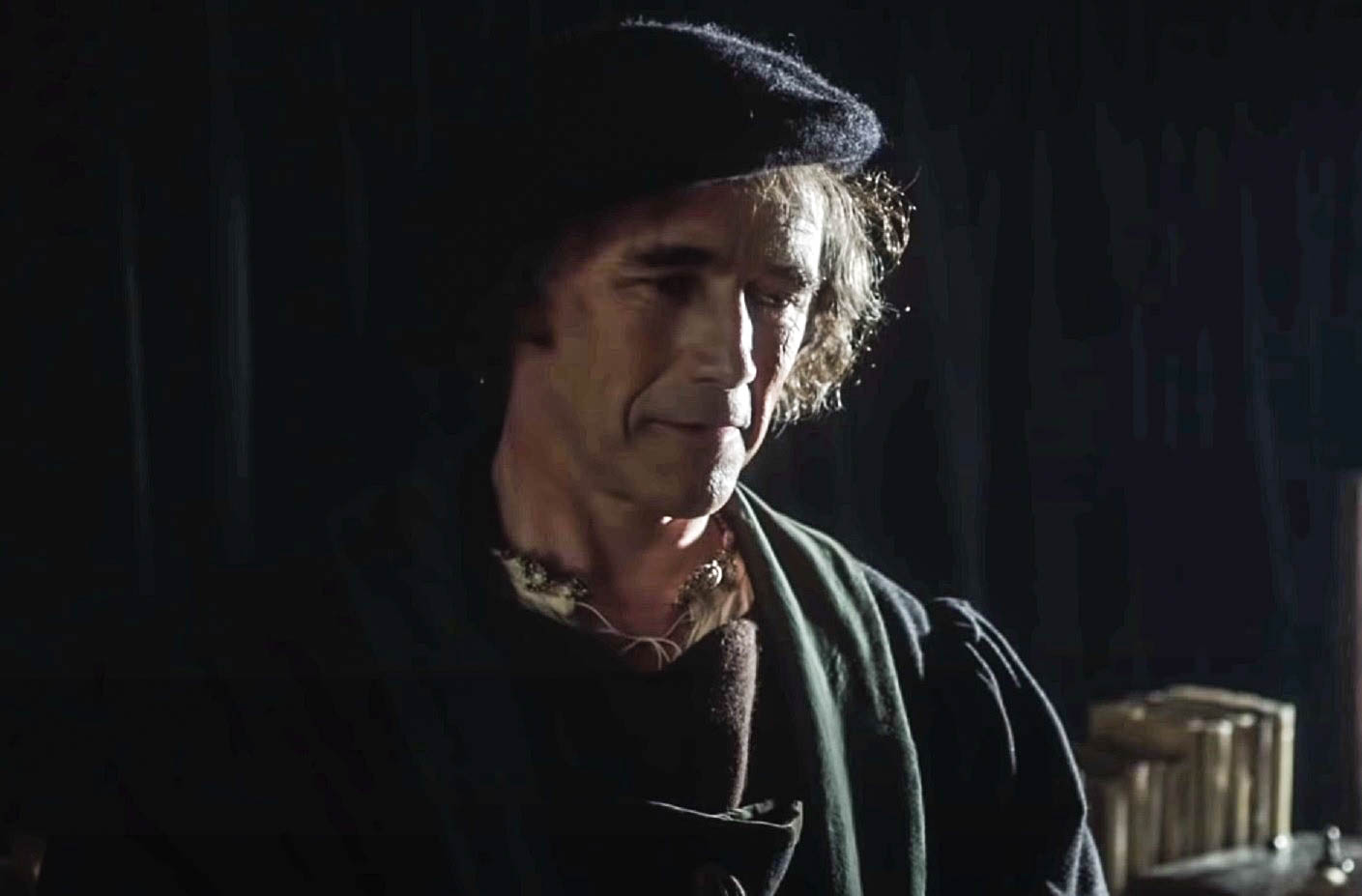 Wolf Hall (TV series), Company Pictures
Wolf Hall (TV series), Company Pictures
34. He Was A Matchmaker
When the king became an eligible bachelor again (his wives rarely lasted long), Cromwell wished to score big this time. Upon seeing a portrait of a woman–Anne of Cleves–Cromwell started urging King Henry that he should marry this gorgeous lady. Cromwell persuaded the king to marry Anne and arranged a meet-cute on New Year’s Day 1540. It would actually turn out to be Cromwell’s doomsday.
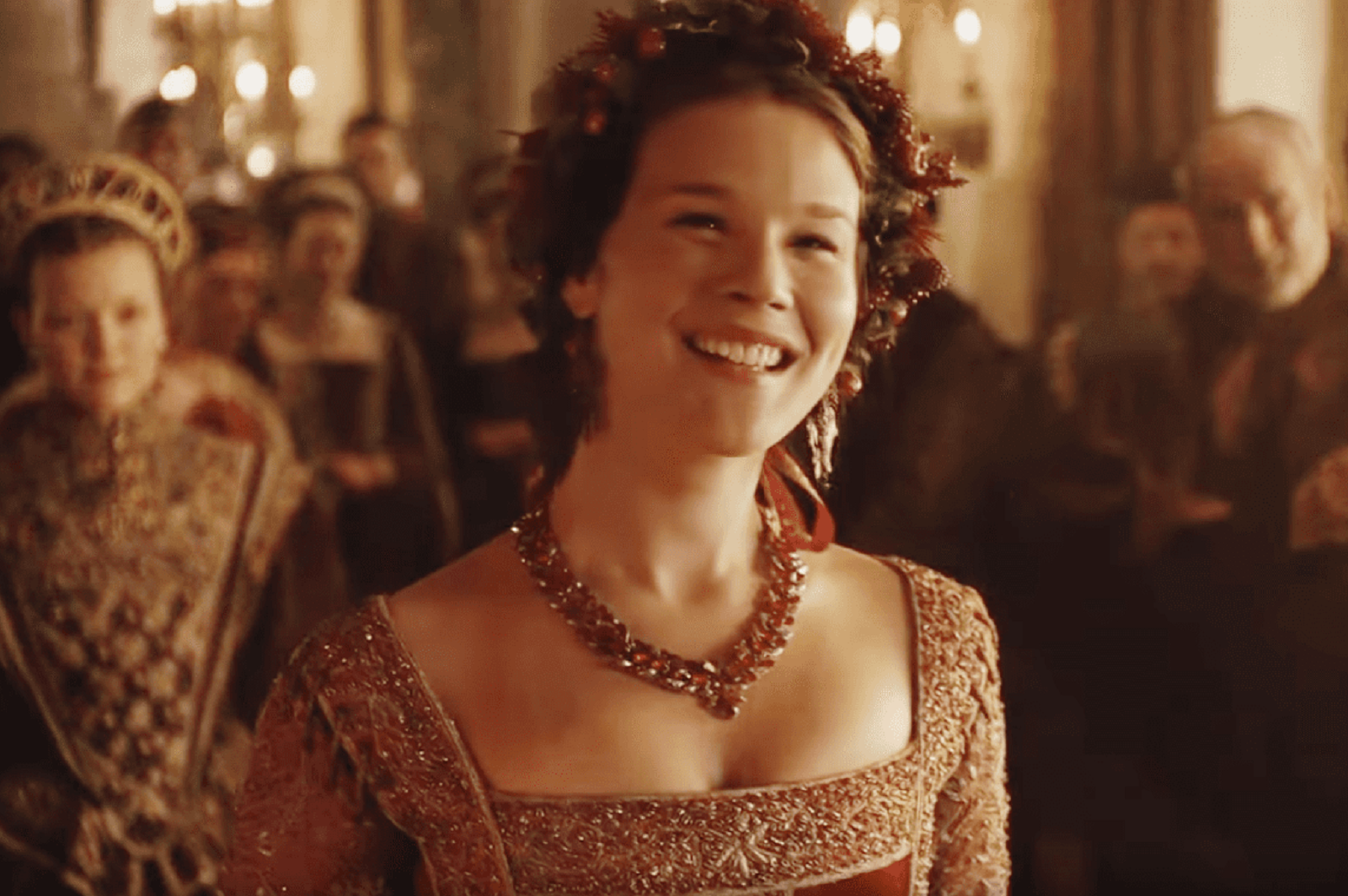 The Tudors (2007–2010), Showtime Networks
The Tudors (2007–2010), Showtime Networks
35. His Idea Of Beauty Shocked The King
Since Cromwell exaggerated how beautiful Anne of Cleves was, the king had high expectations. The night King Henry met Anne, he lost his confidence in Cromwell’s abilities as a matchmaker—he said "She is nothing so fair as she hath been reported" and "I like her not". However, the toothpaste was out of the tube…and Cromwell was to blame.
36. He Made An Irreversible Mistake
When Henry urged Cromwell to find a loophole to end this engagement, Cromwell knew that there was no way of backing down without hurting the "vital alliance with the Germans". The wedding was happening one way or another. However, when King Henry informed Cromwell that he had not consummated the marriage, he grasped the magnitude of his mistake.
It appeared that this grandiose wedding cost a lot…for Thomas Cromwell.
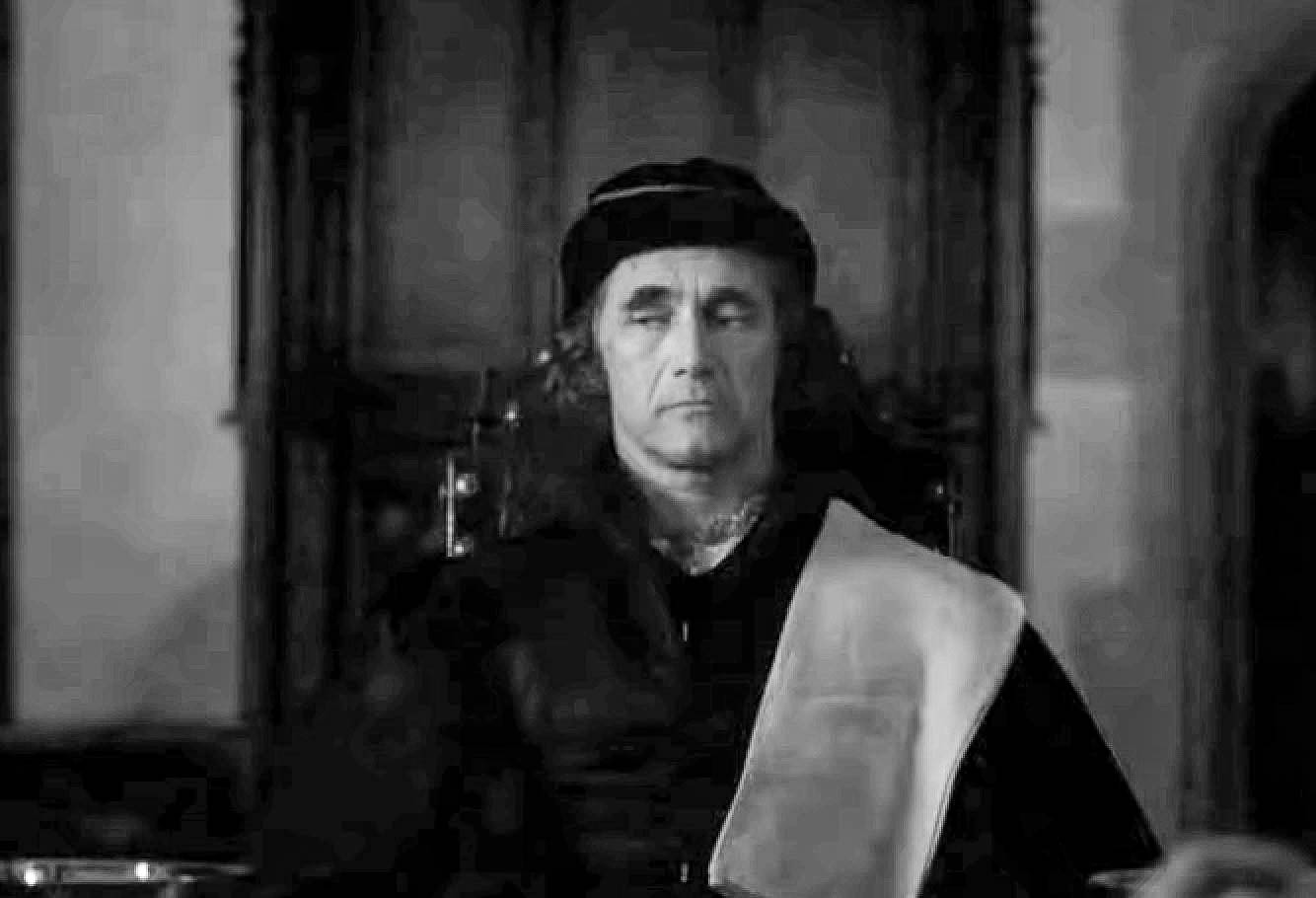 Wolf Hall (TV series), Company Pictures
Wolf Hall (TV series), Company Pictures
37. He Wasn’t Able To Save Face
Immediately after the wedding, King Henry commissioned Cromwell to work on an annulment. However, Cromwell’s unpopular measures and over-the-line government policies had already piled up, and Cromwell’s enemies were growing stronger every day. This was the last nail in the coffin, and his enemies started to devise a sinister plot.
38. He Was No Longer The Superstar
According to historians, "the King was becoming increasingly unhappy about the extent of religious changes". Translation—the king didn't like that Cromwell's changes were no longer popular. Cromwell's charisma had taken him this far, but it finally started to fail him. Other members of the court could tell he was no longer the untouchable right-hand man he'd once been.
Still, we all know that whimsical Henry only really cared about one thing when it comes to his favorite people: their abilities as a wingman.
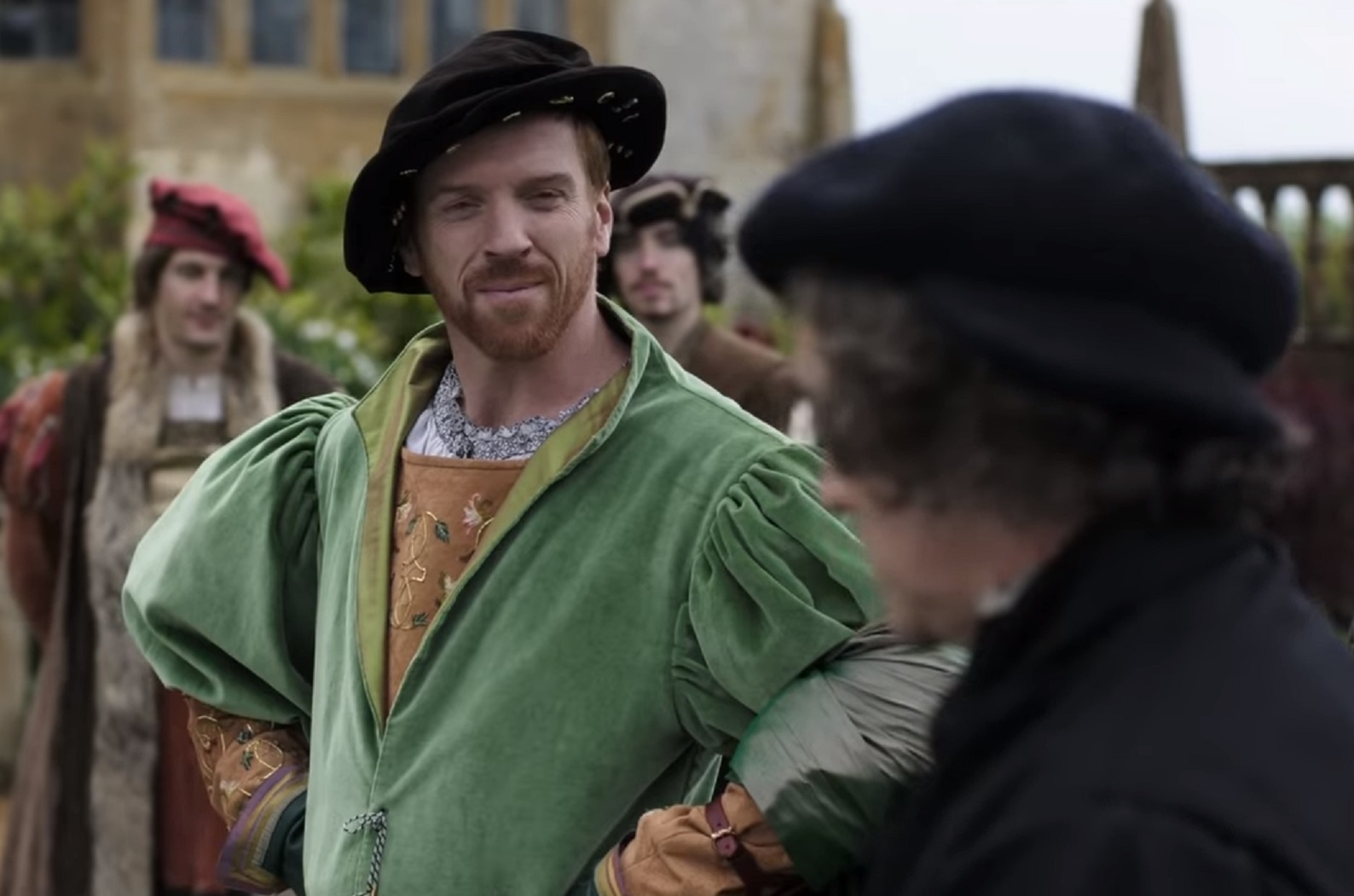 Wolf Hall (TV series), Company Pictures
Wolf Hall (TV series), Company Pictures
39. His Enemy Found A Bride For The King And Took His Place As The Bestman
People knew the king hated that Cromwell had maneuvered him into marrying Anne of Cleves. That presented an opportunity. An enemy of Cromwell, the Duke of Norfolk, set his mind to finding a beautiful bride. Luckily one of his relatives fit the description, so he urged Henry to marry a lady-in-waiting, Norfolk’s niece Catherine Howard. That spelled Cromwell's doom.
He was no longer the king’s favorite—and his enemies were ready to take him down.
40. He Lost The Game
On a sunny June afternoon in Westminster, in 1540, a couple of officers interrupted a meeting of the Privy Council. They were looking for Thomas Cromwell. He stood accused of treason, and the officers took him into custody. But the Council could all see the writing on the wall: Everyone knew this was about Henry wanting to get rid of Cromwell because of his failure as a marriage broker.
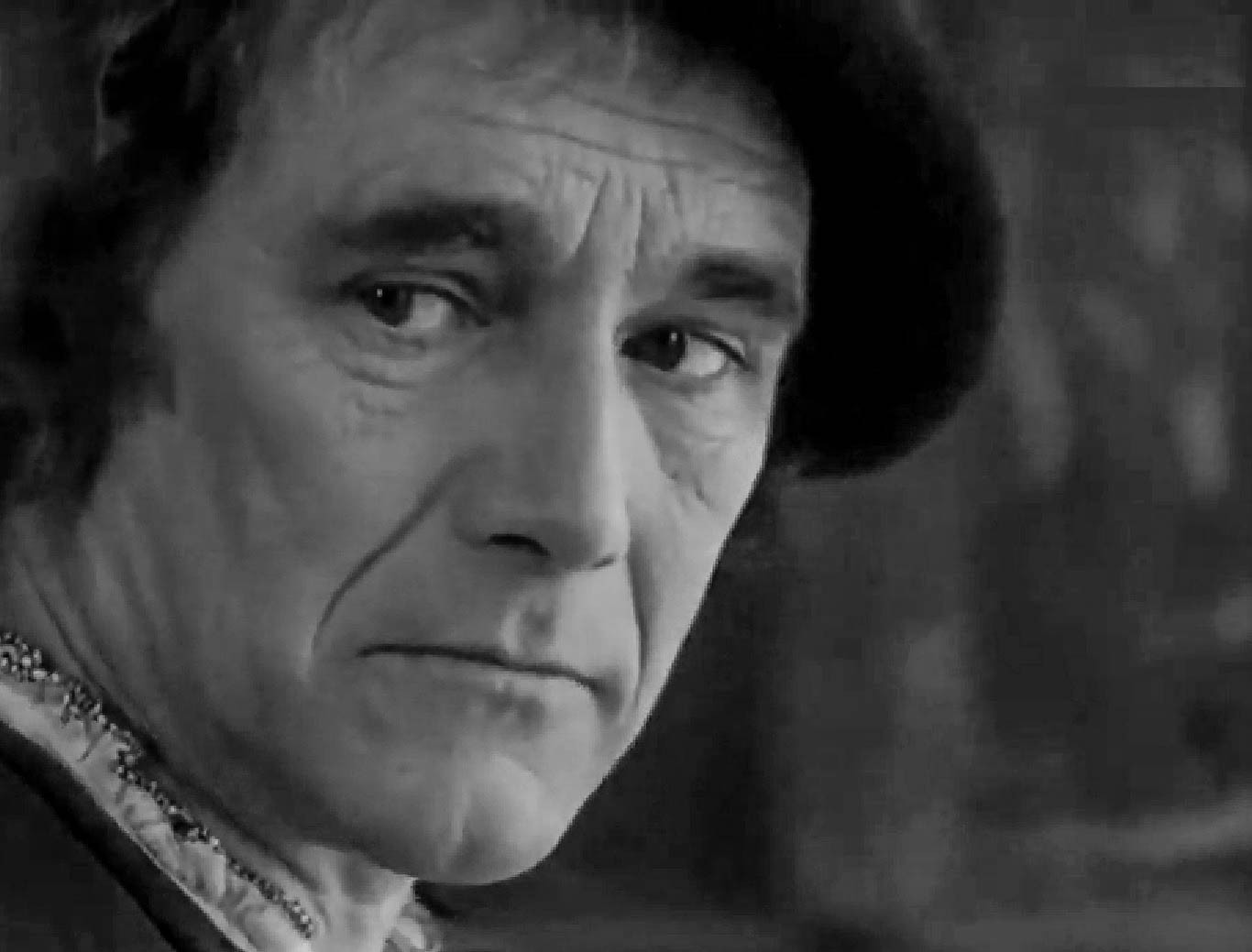 Wolf Hall (TV series), Company Pictures
Wolf Hall (TV series), Company Pictures
41. His Enemies Humiliated Him
Norfolk, Cromwell’s nemesis and the man behind his downfall, seized the chance to humiliate Cromwell. He knew that a man like Cromwell—the perfect combination of low birth and high ambition—would despise the removal of his titles and his legacy. Norfolk looked Cromwell in the eye and snatched his insignias, saying, "A traitor must not wear it".
Thomas Cromwell was furious and ready to respond.
42. His Reaction Was Heartbreaking
Thomas Cromwell stood up, and for the last time, he confronted all the people staring at him. He cried out, saying "This then is my reward for faithful service". He didn’t accept being called a "traitor" after all he had done for his country. But it was all for naught. The officers then took the agitated and infuriated Cromwell to the Tower of London, behind bars.
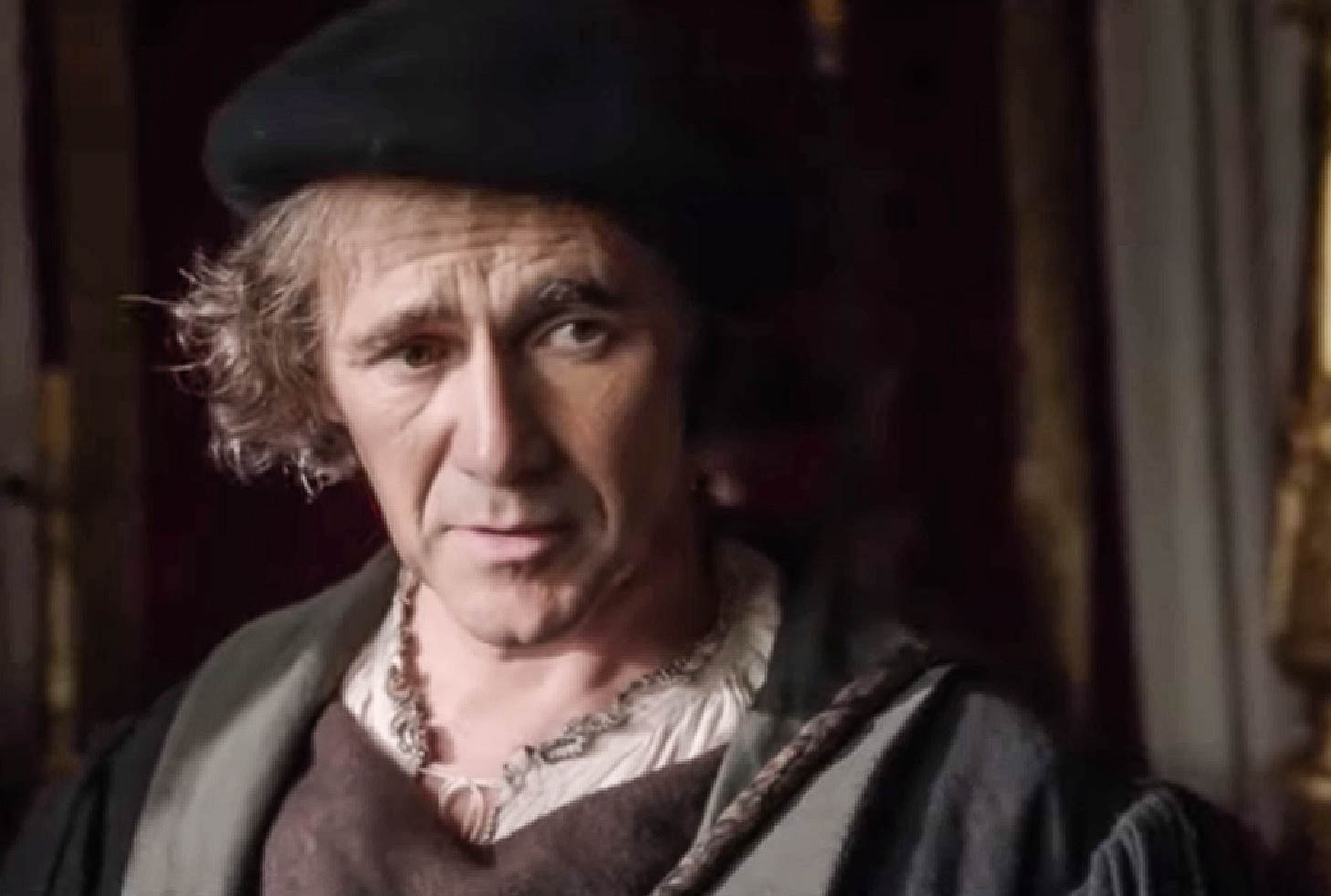 Wolf Hall (TV series), Company Pictures
Wolf Hall (TV series), Company Pictures
43. People Downgraded His Name
After his humiliation in the Council, he suffered another mortifying event in front of everyone in England. King Henry publicly proclaimed that people could only refer to Cromwell as a "cloth carder". Officially, he no longer had any titles, any property, or any respect.
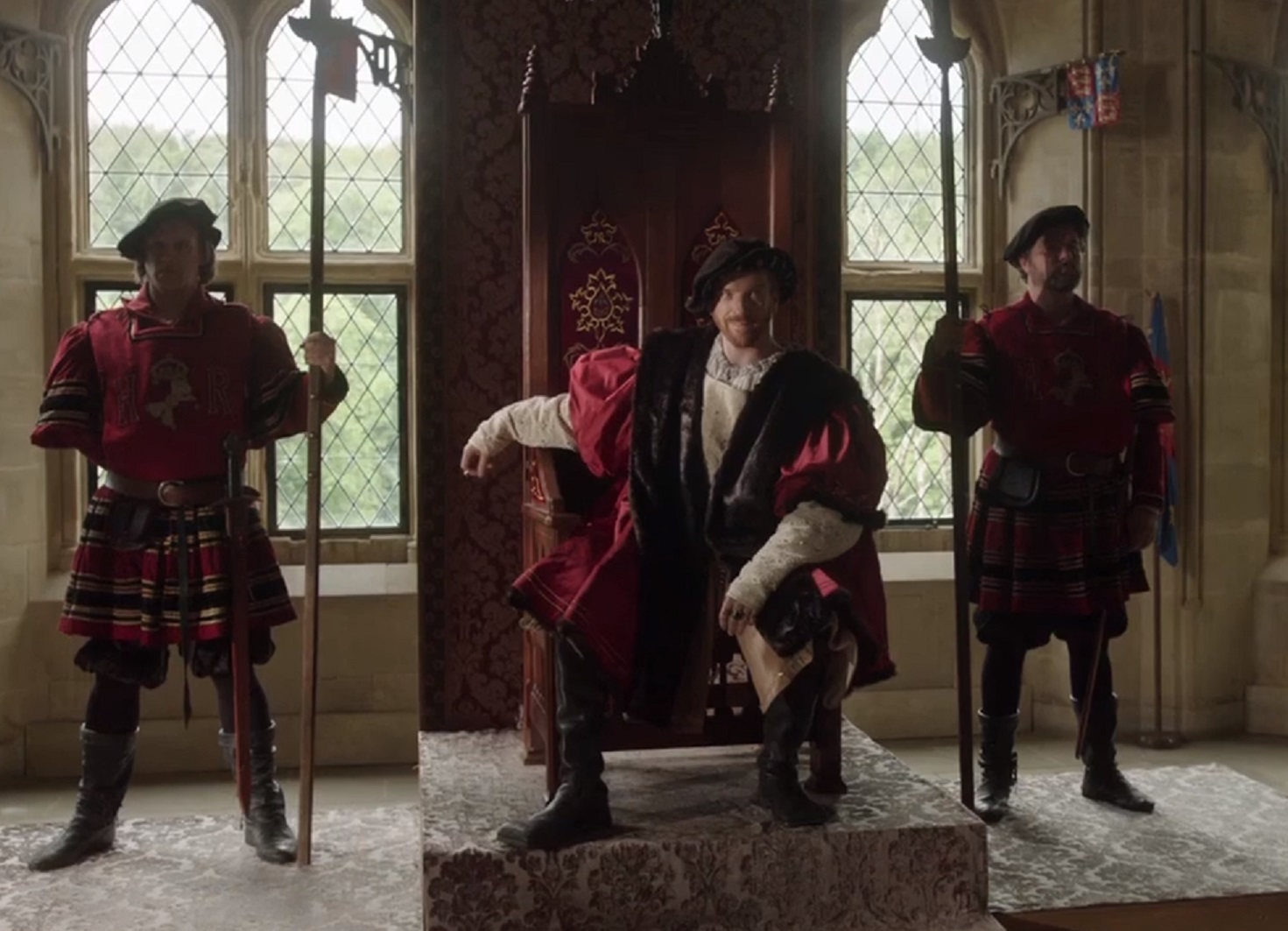 Wolf Hall (TV series), Company Pictures
Wolf Hall (TV series), Company Pictures
44. He Had To Do One Last Job For The King
During Cromwell’s time in the Tower, the king still needed him as a witness to get an annulment from his disastrous marriage. If Anne of Cleves wouldn't agree to an amicable annulment, Cromwell's word would be necessary. Cromwell thought this might be his chance to save his own skin. However, Anne of Cleves took away his last shot.
45. He Was Miserable
As soon as Anne of Cleves agreed to an amicable annulment, King sealed Thomas Cromwell’s fate. Cromwell’s only chance was to beg for his dear life, so he picked up a pen and did what he did best—write. In his last personal address to the king, he wrote "Most gracious Prince, I cry for mercy, mercy, mercy". But that cry fell on deaf ears.
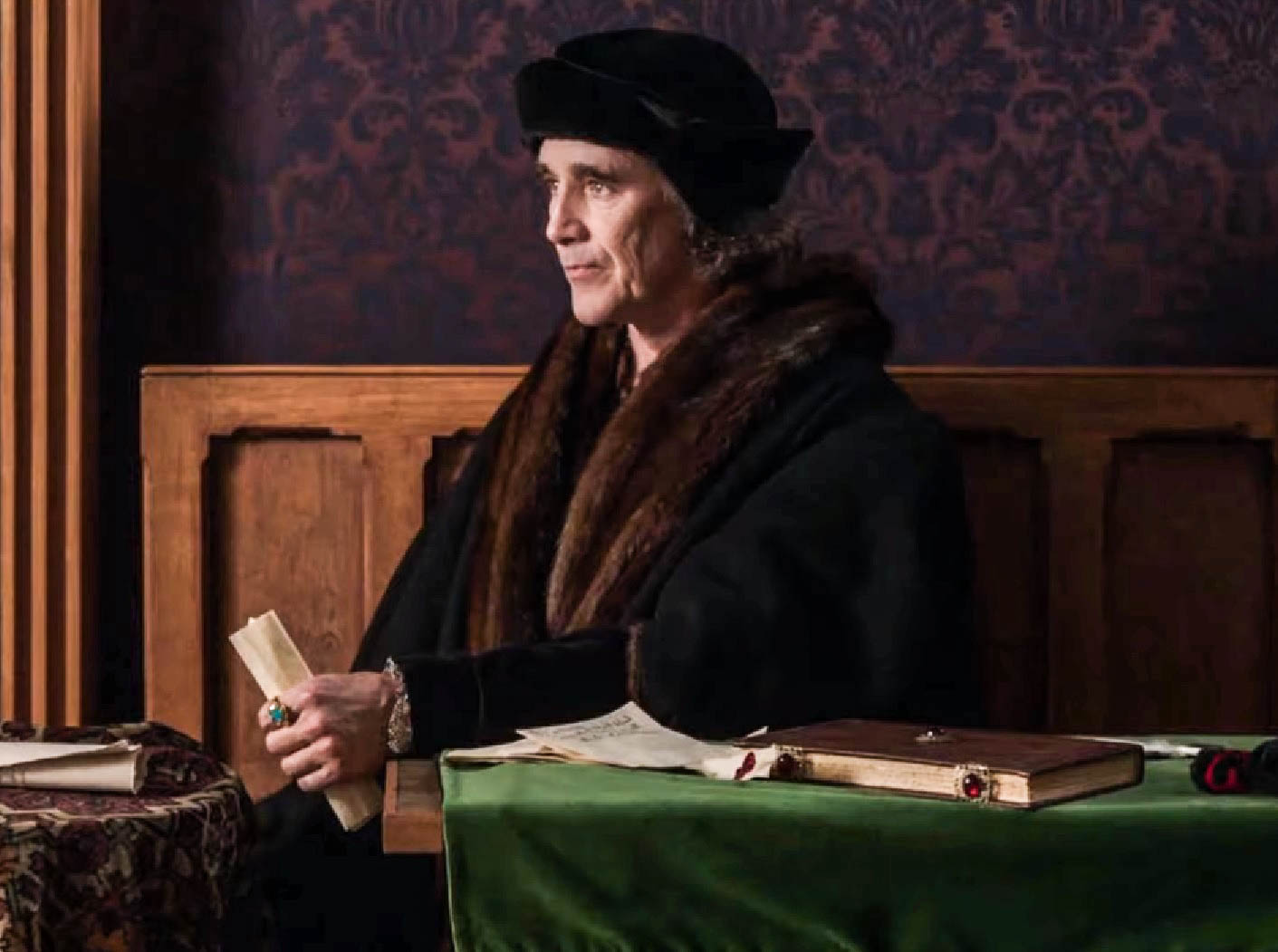 Wolf Hall (TV series), Company Pictures
Wolf Hall (TV series), Company Pictures
46. His Last Appearance Was Bizarre
Even though Cromwell's real punishment was his fall from nobility, he had to wait for corporal punishment. On July 28, 1540, officials took him to Tower Hill for his execution. Cromwell stood in front of the people of England, reminiscing about his life. This man had battled the Church his entire life, but he was going to make a prayer. Why?
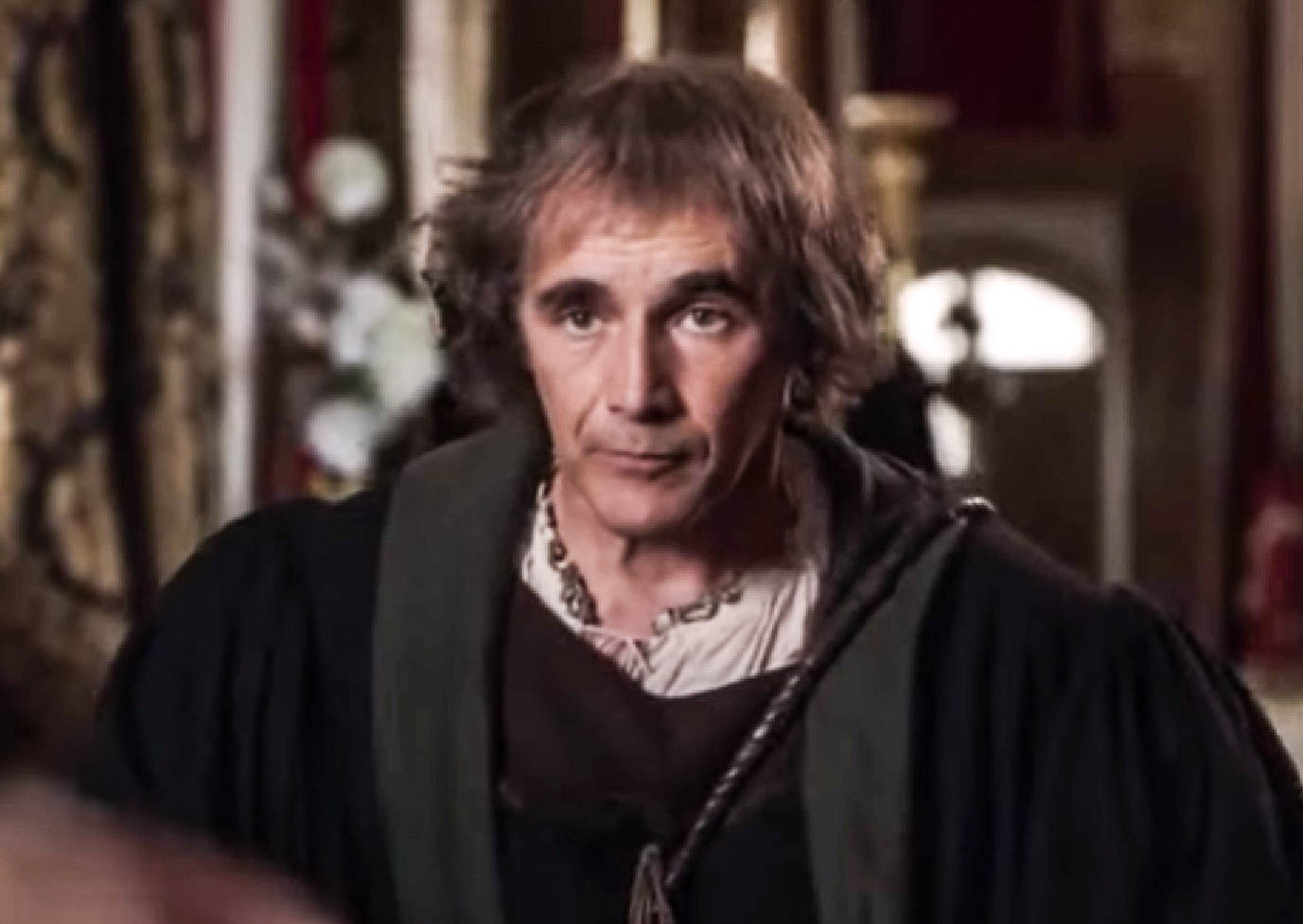 Wolf Hall (TV series), Company Pictures
Wolf Hall (TV series), Company Pictures
47. He Prayed For His Family’s Protection
Thomas Cromwell started his speech by saying "in the traditional Catholic faith". From the man who single-handedly replaced Catholicism with Anglicanism in England, it was a shock, to say the least. Cromwell continued by saying denying he had ever aided heretics. According to tradition, such disavowal was necessary, so that people would not turn against Cromwell’s family.
He finally remembered he had a family, but it was too late…almost as soon as he had finished speaking, the headsman's axe fell.
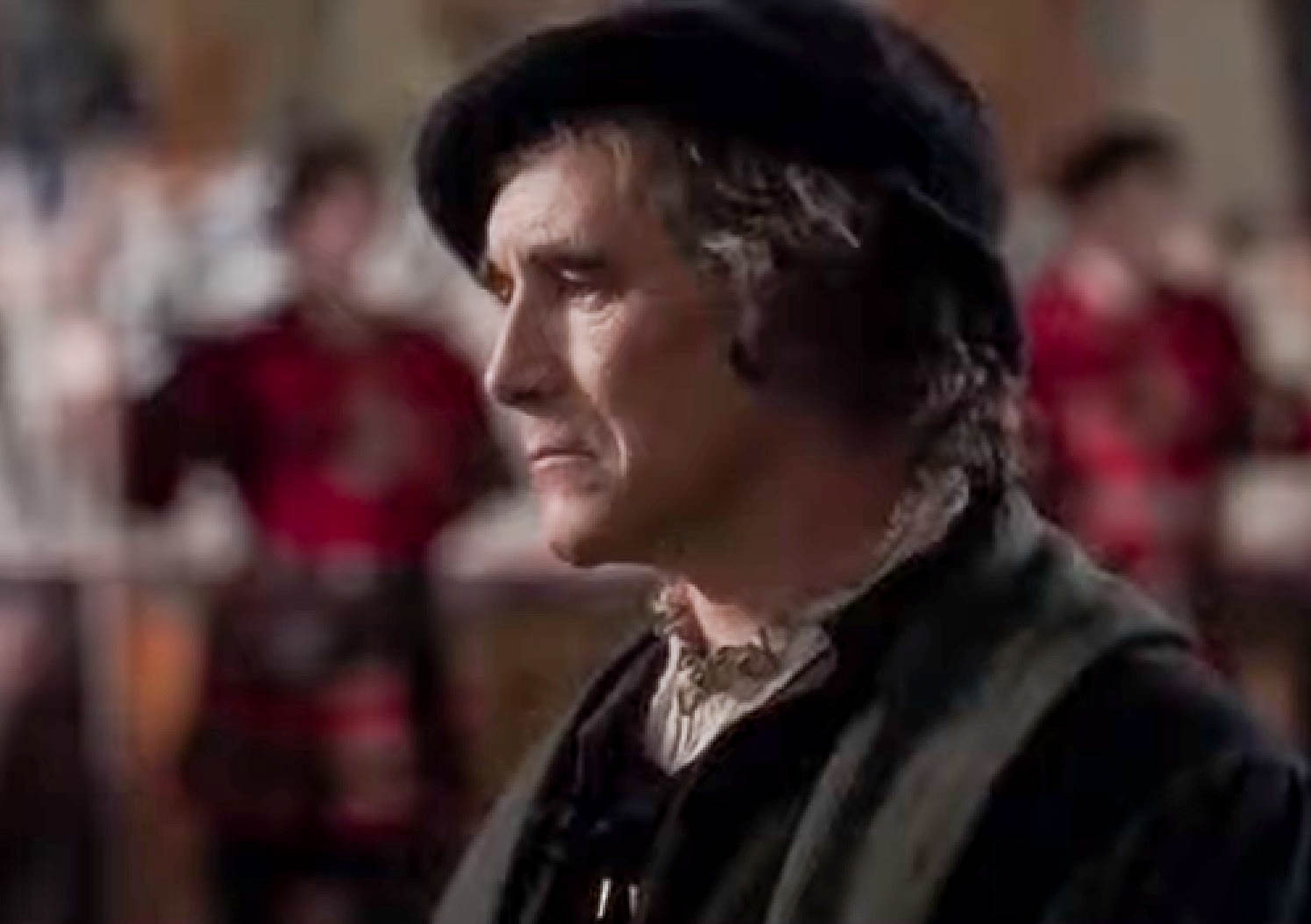 Wolf Hall (TV series), Company Pictures
Wolf Hall (TV series), Company Pictures
48. His Demise Upset The King
Ahh, executioner's remorse. Henry VIII began to lament the loss of his dear friend. He began accusing his ministers of manipulating him against Cromwell. According to a letter by the French Ambassador, the king accepted that Cromwell made several mistakes, but he also confessed that Cromwell didn’t deserve this punishment because he was "the most faithful servant he ever had".
A little late for that, Henry!
49. People Debated About His Importance
Until the 1950s, people regarded Thomas Cromwell as a fluke who only followed orders of the "despotic King Henry". They underrated Cromwell’s significance in the creation of a strong, central government. However, some prominent historians refuted this by saying that Cromwell was a central figure in the Tudor revolution.
People are still puzzled about Cromwell’s role and his character to this day—and this debate inspired various portrayals of Cromwell on the big screen.
50. Filmmakers Depicted Him As The Villian
Thomas Cromwell was the mastermind behind Henry’s annulment, marriage, and reforms, yet the stories about the Tudor empire placed him as the villain. In the movies God’s Law & The Other Boleyn Girl, you can see that the legacy of Cromwell is not an envious one.
He wasn’t a Saint—he would never want to be one—but it is still poignant to see how people forgot his good deeds.
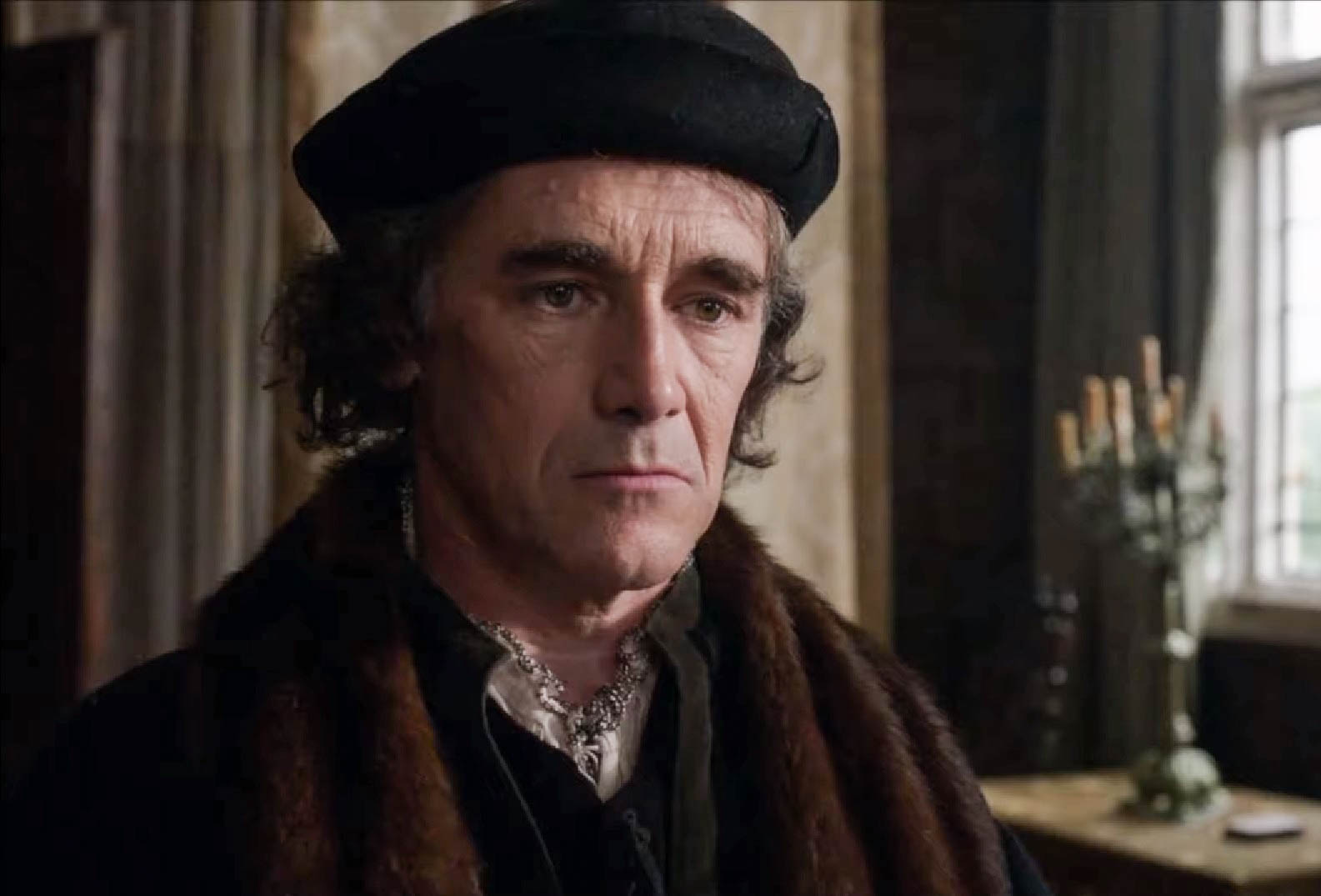 Wolf Hall (TV series), Company Pictures
Wolf Hall (TV series), Company Pictures

